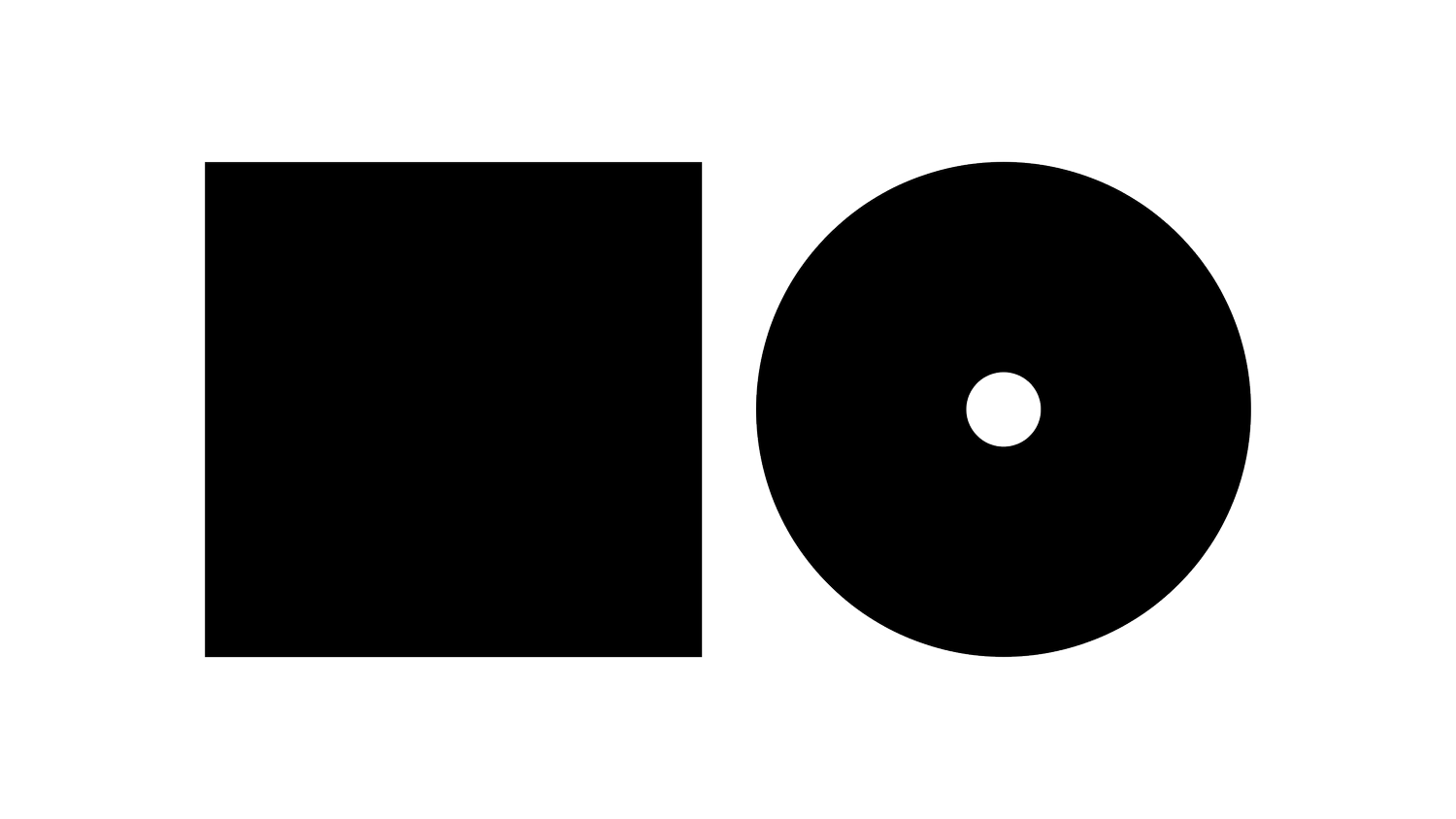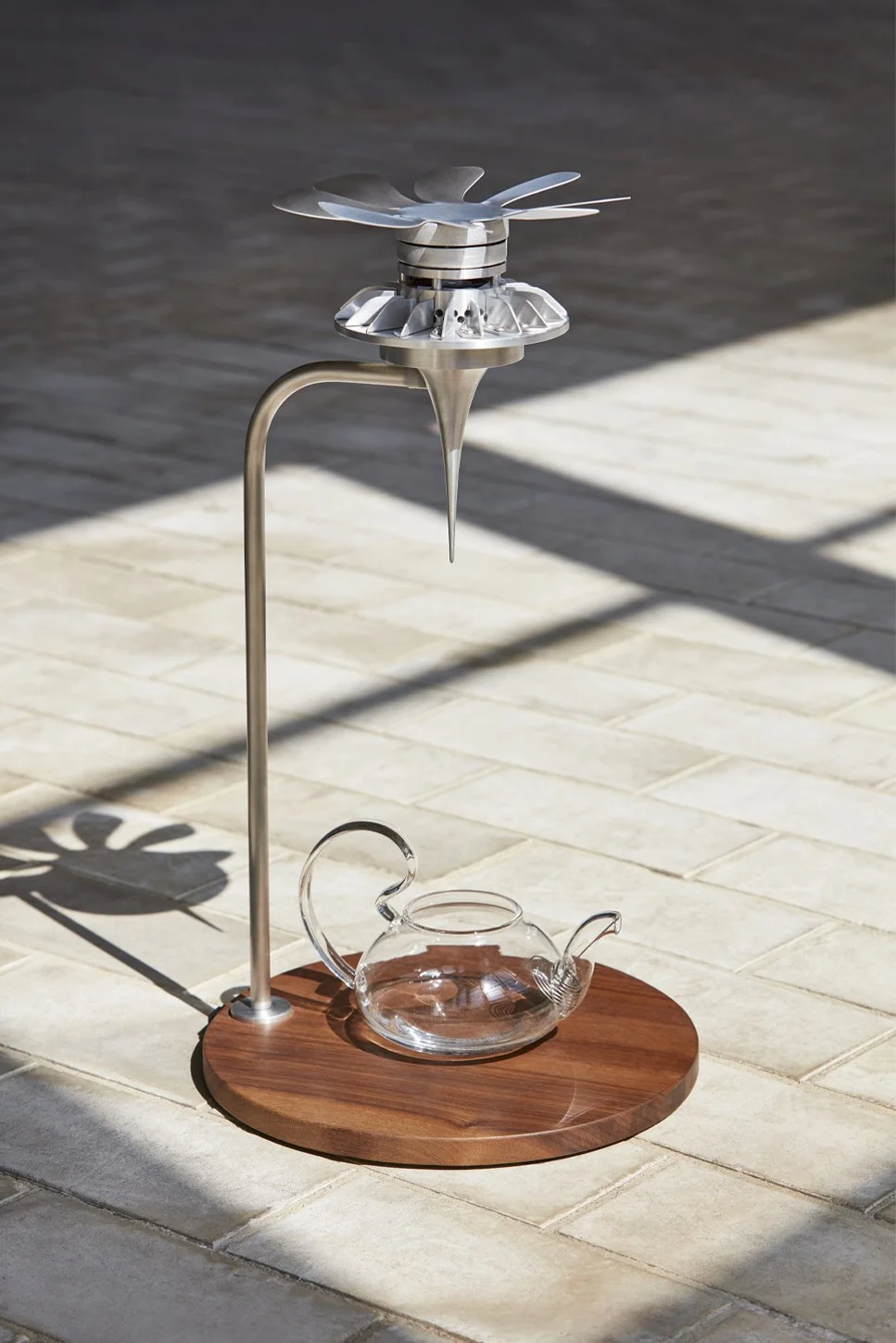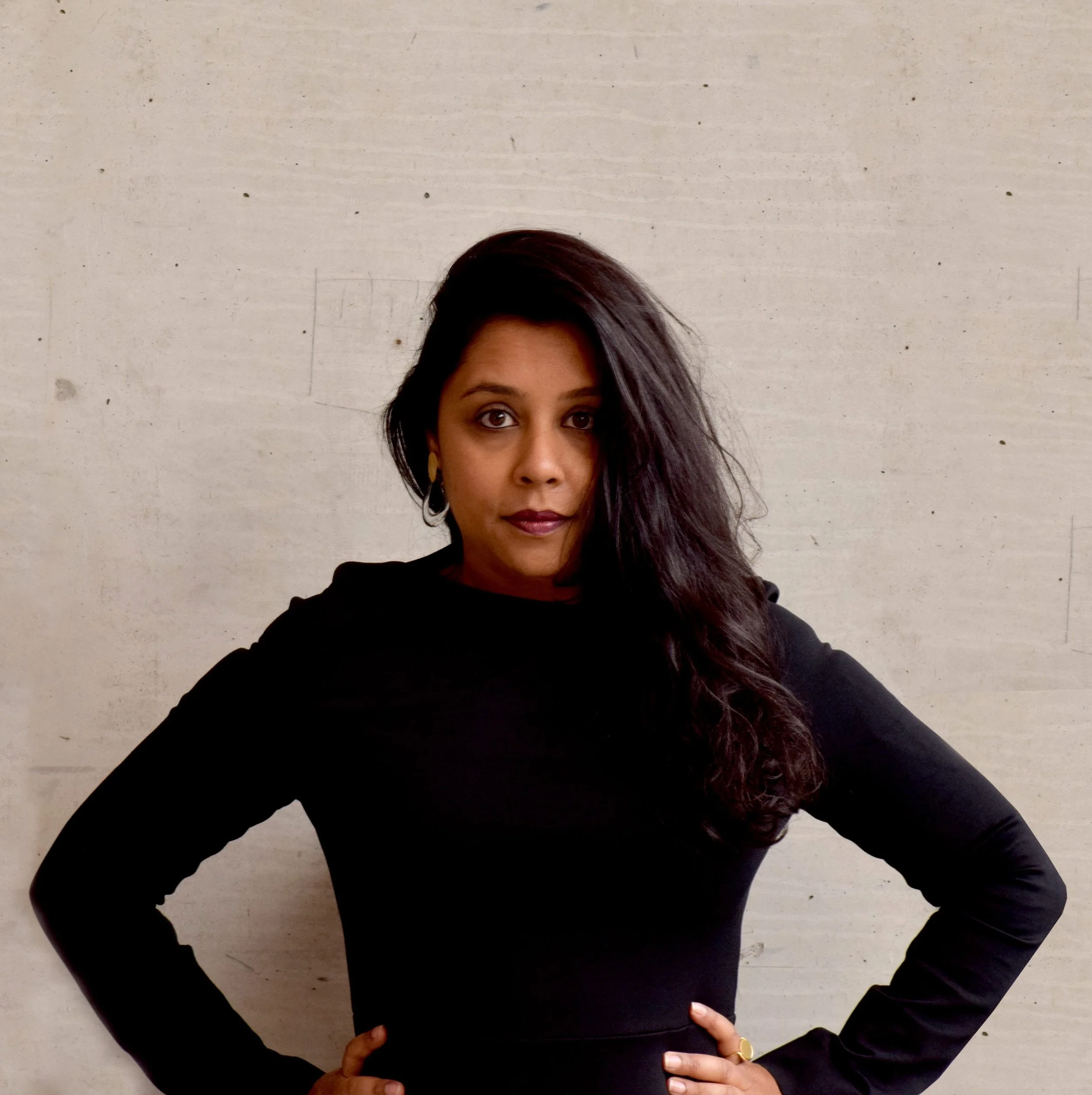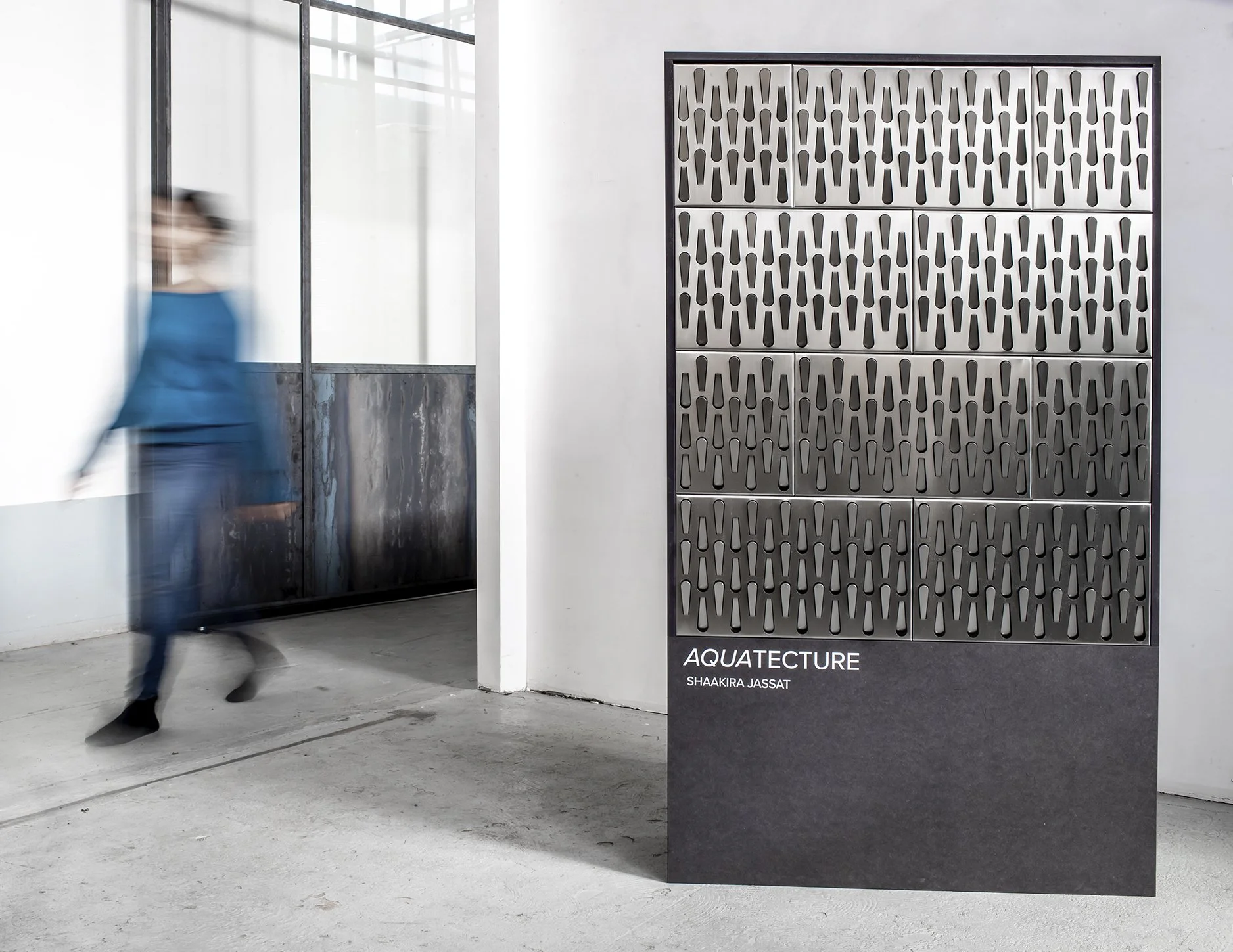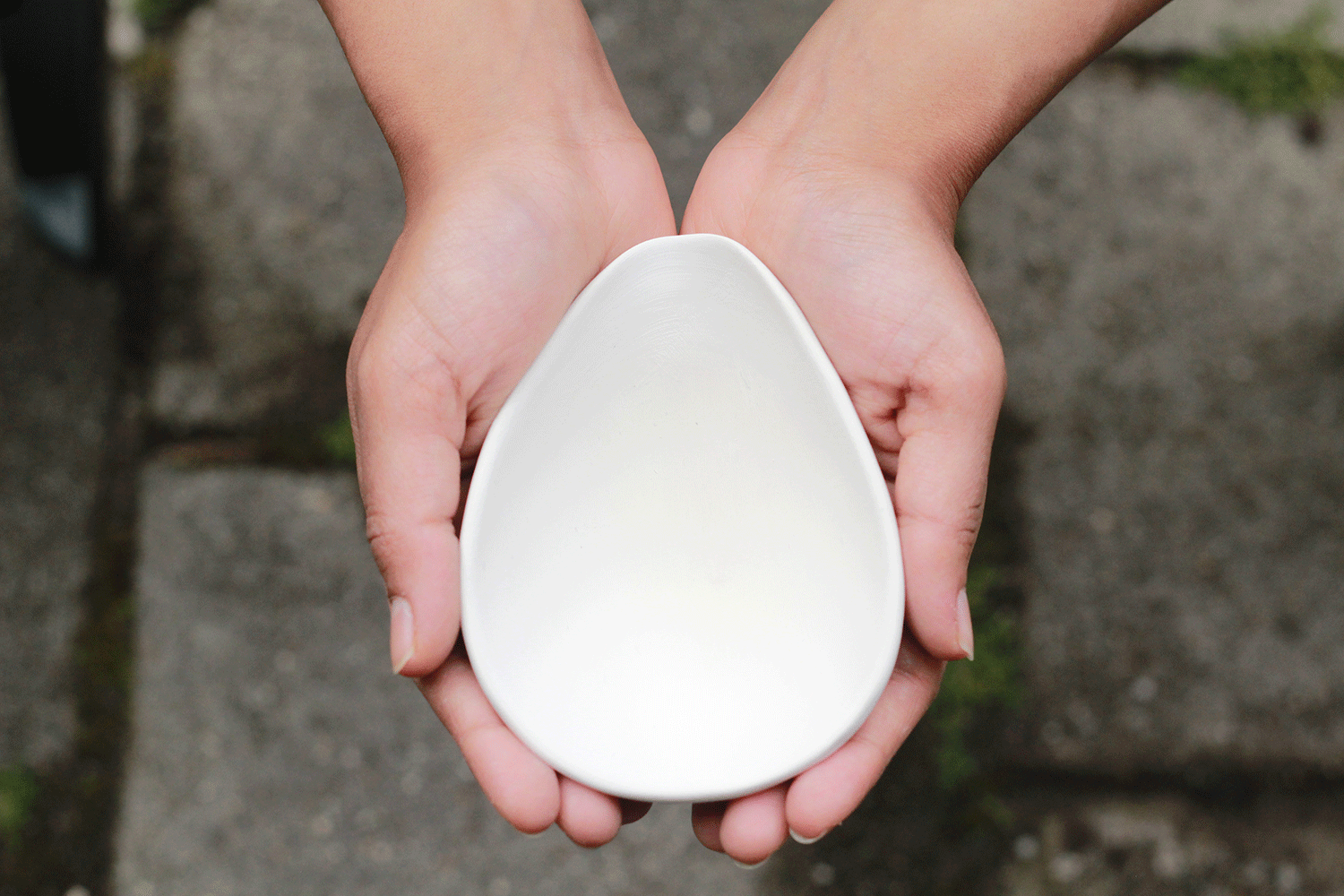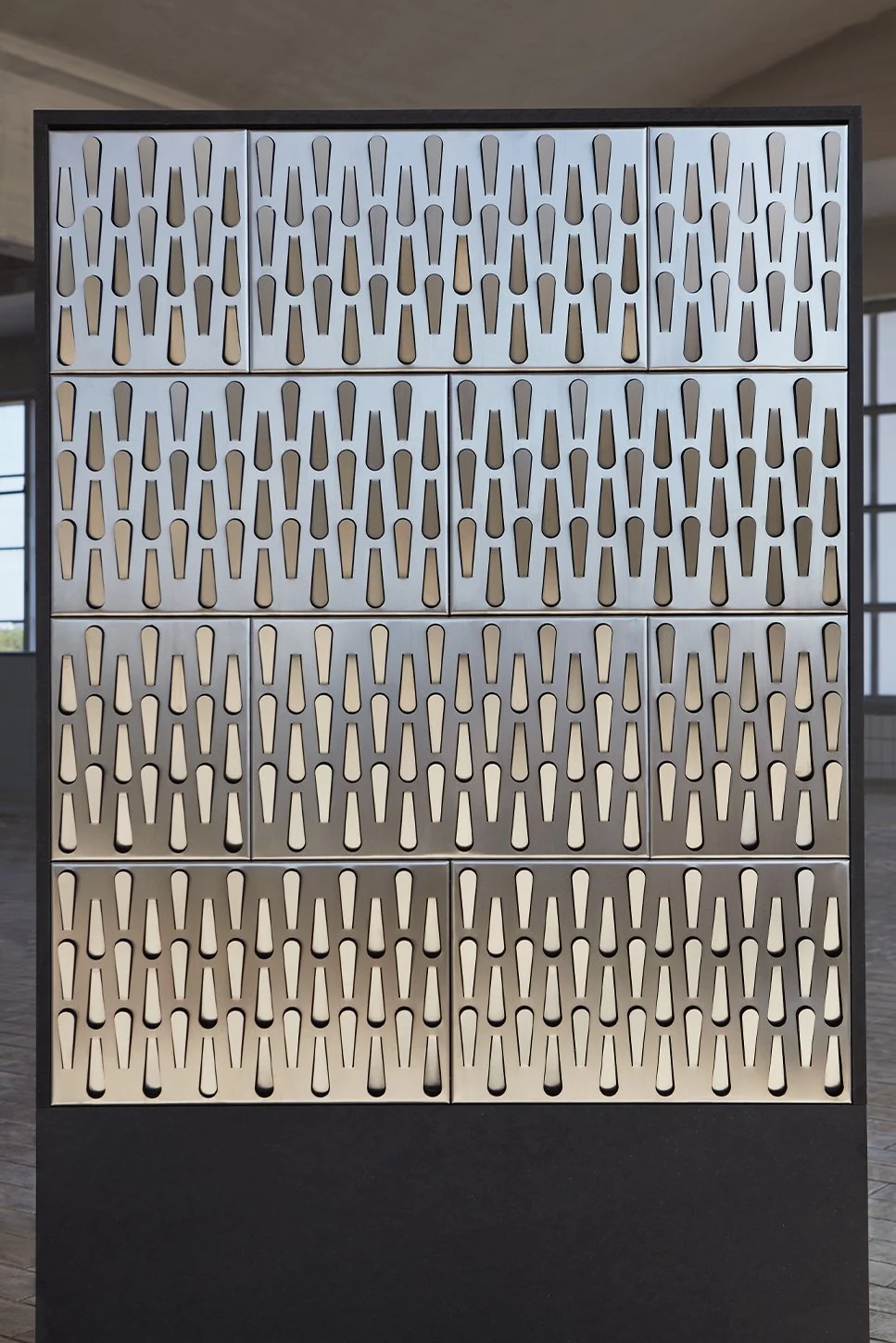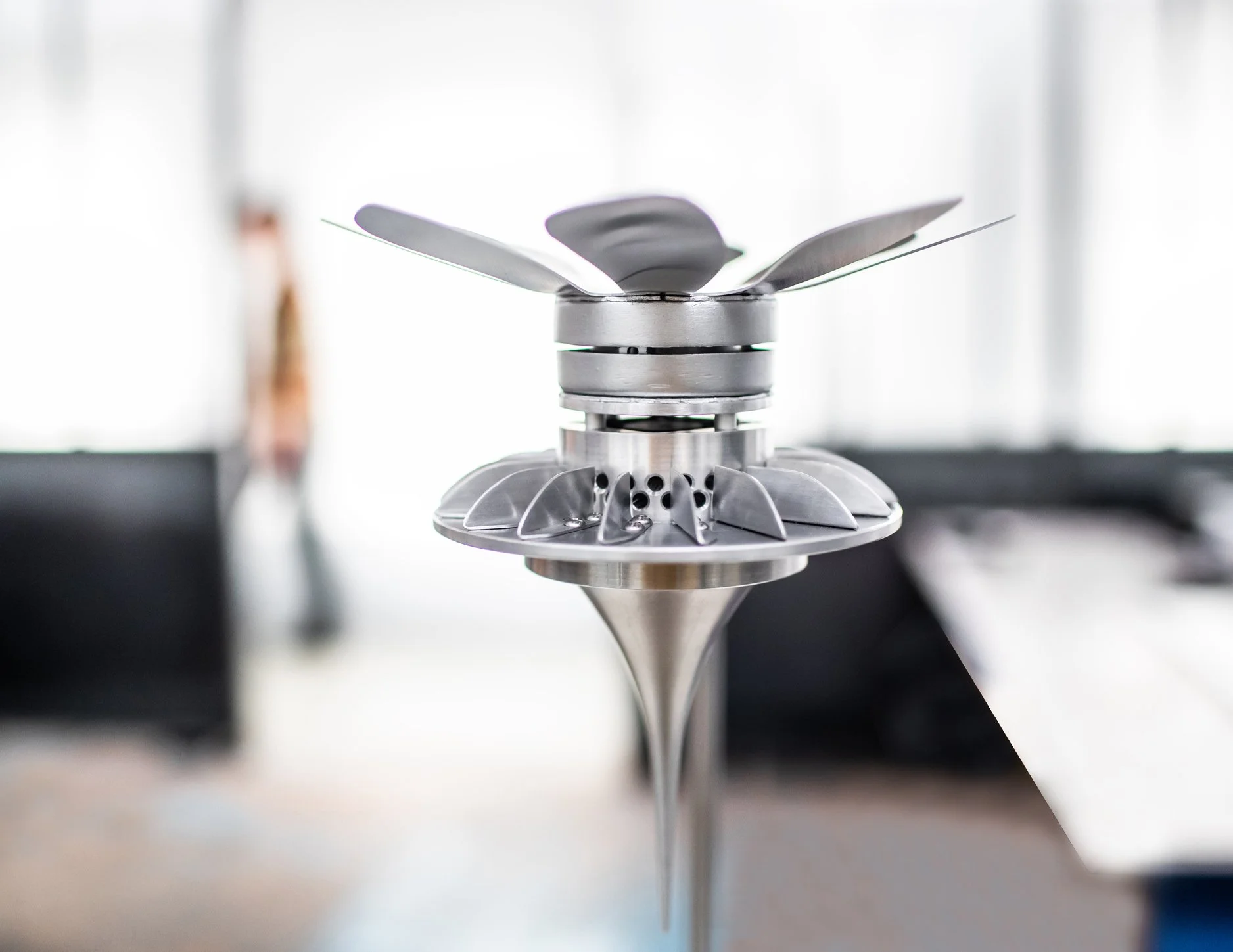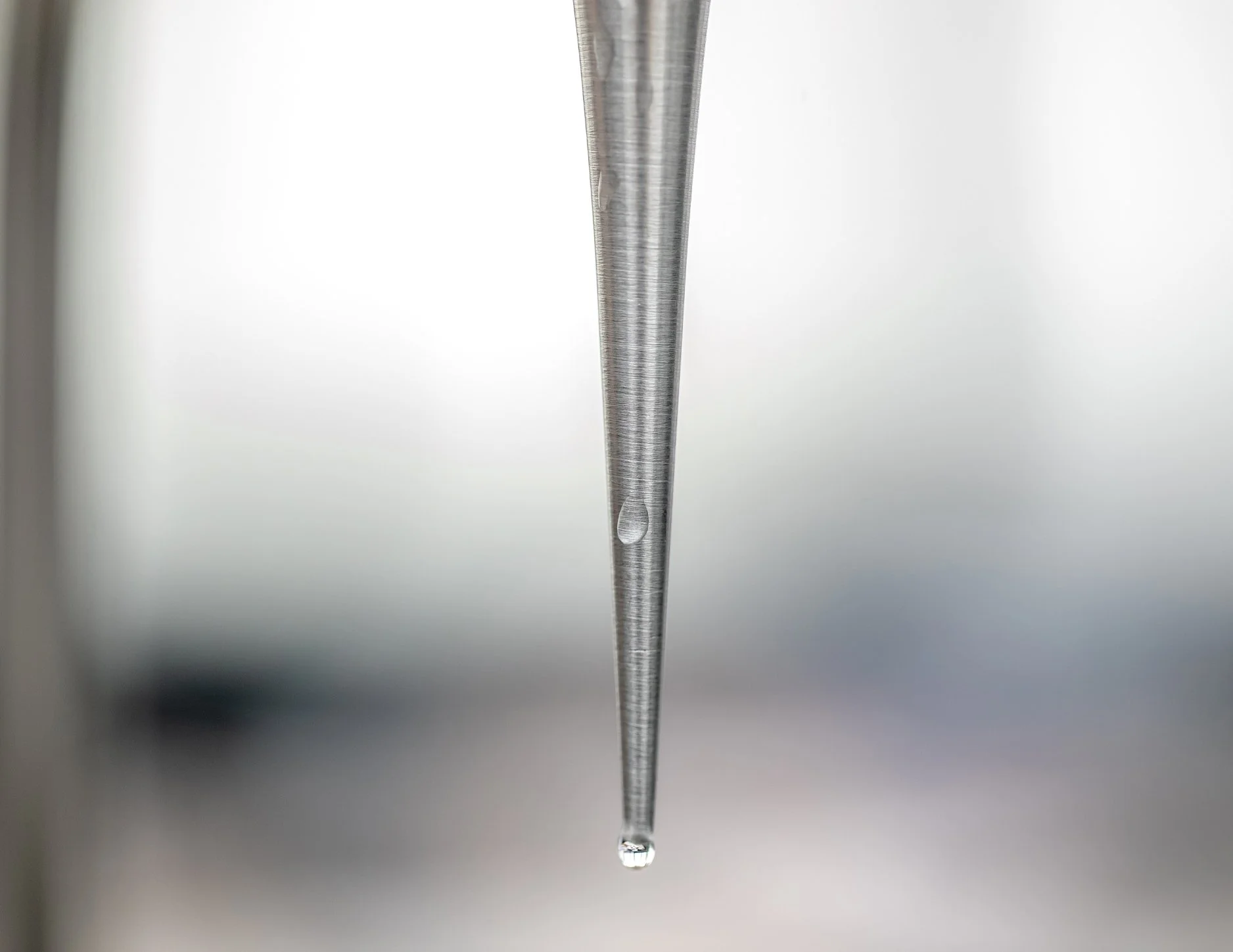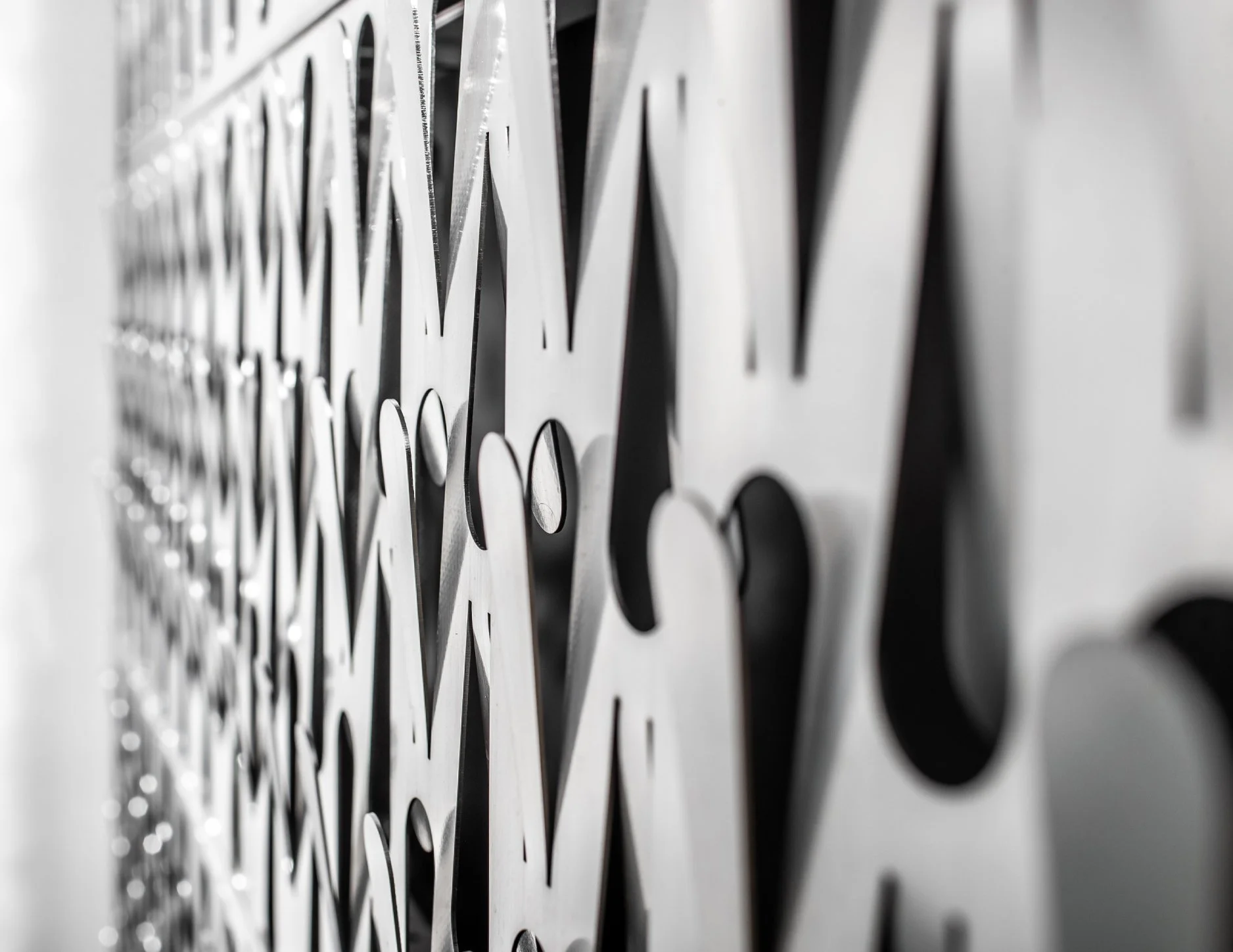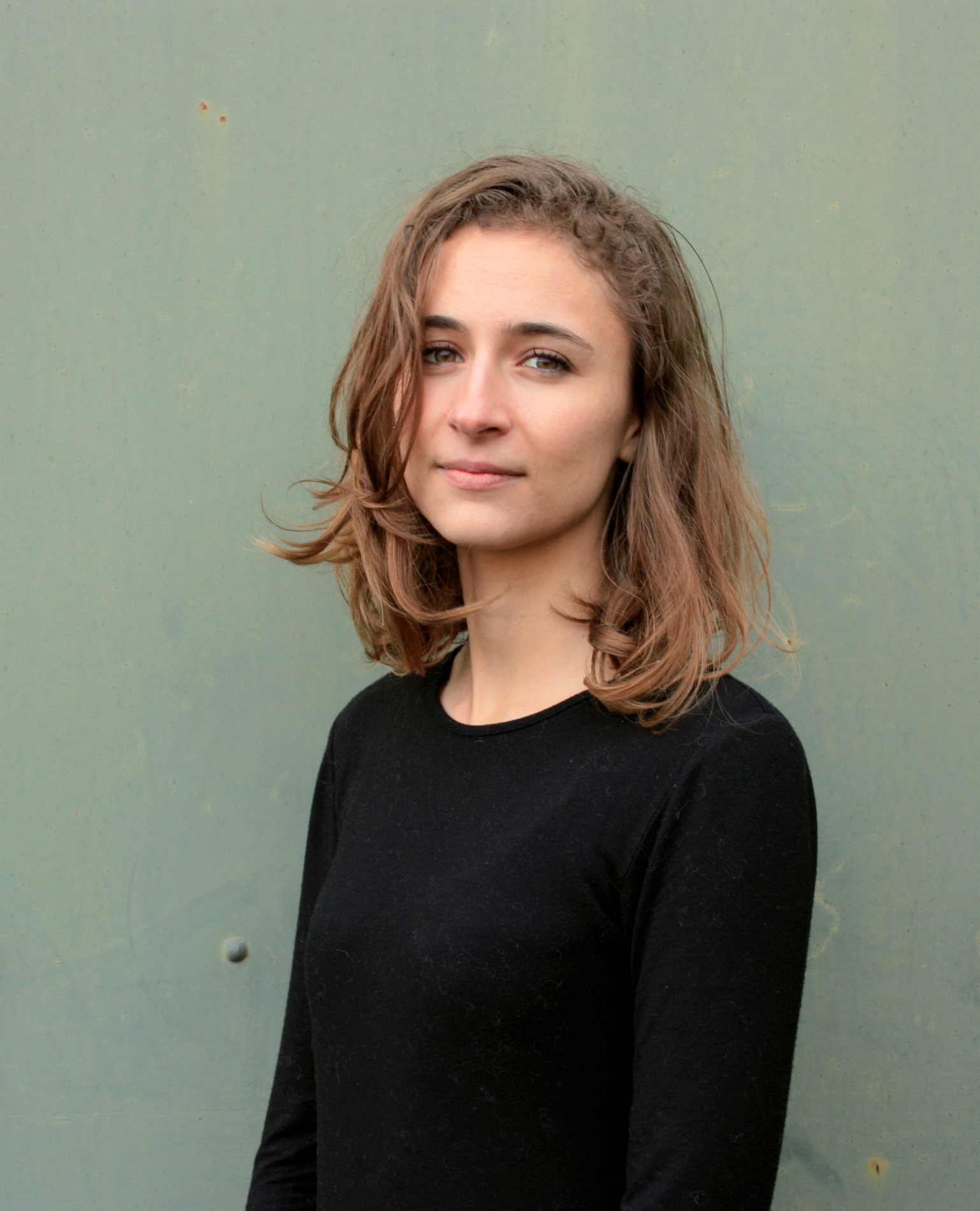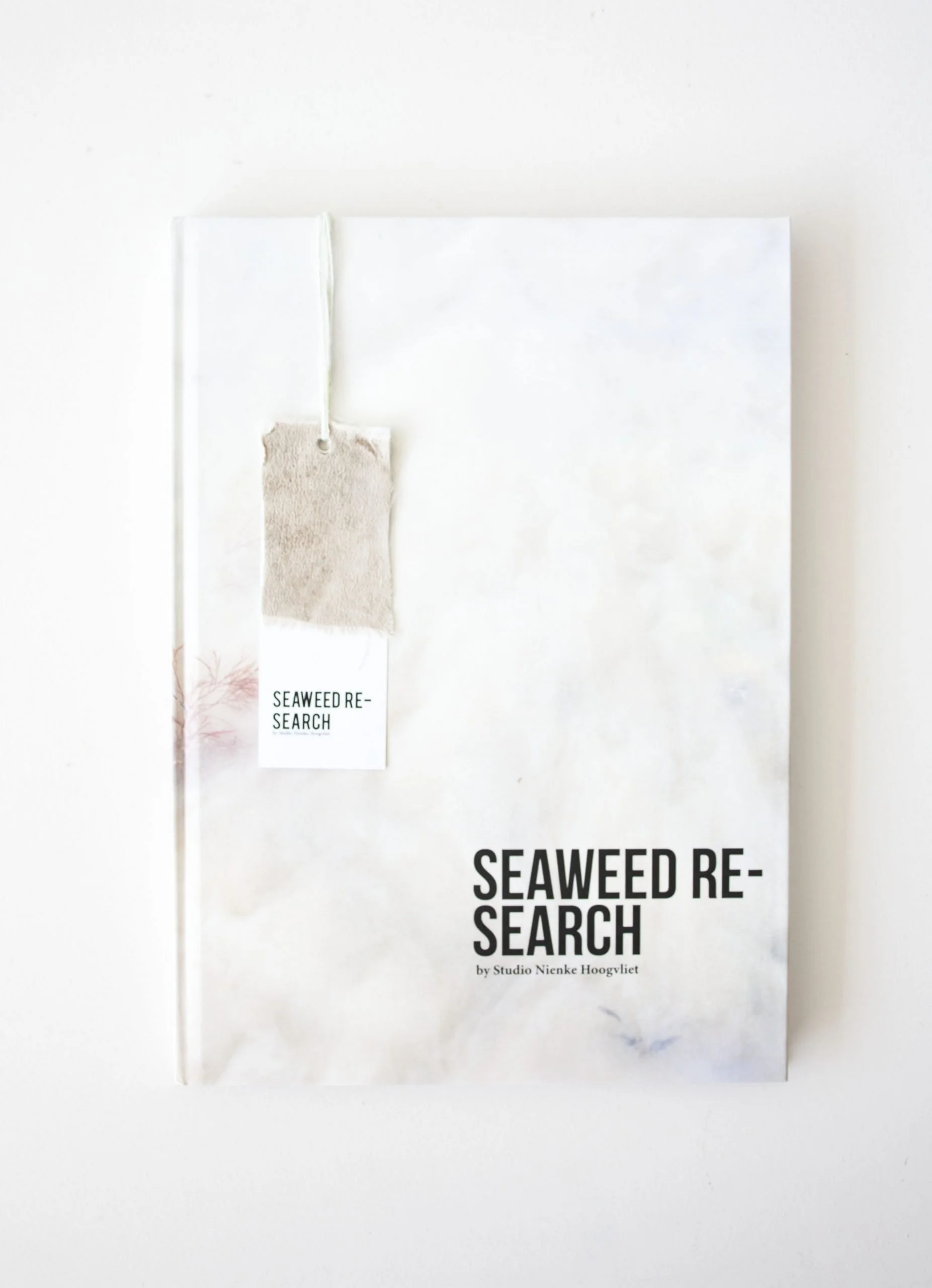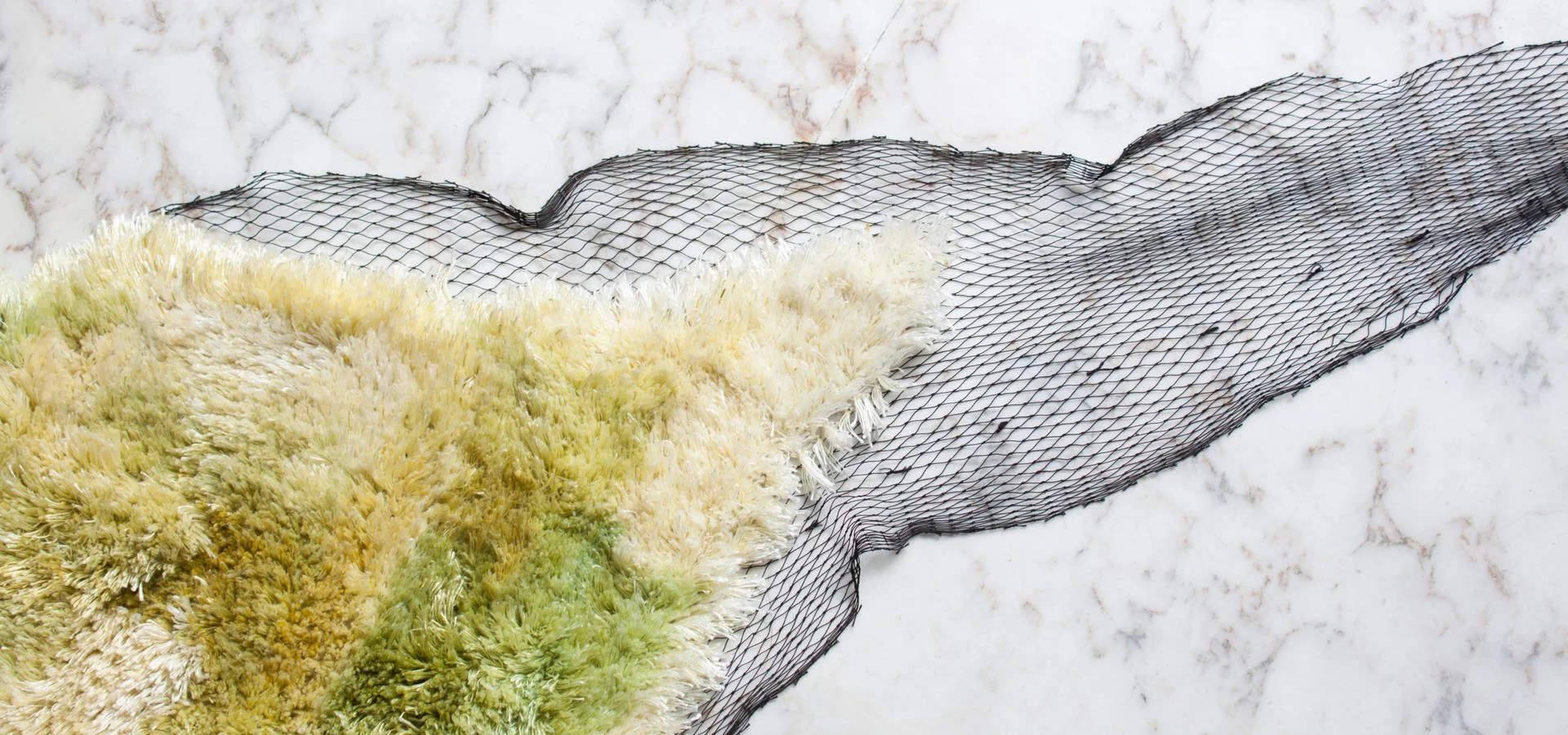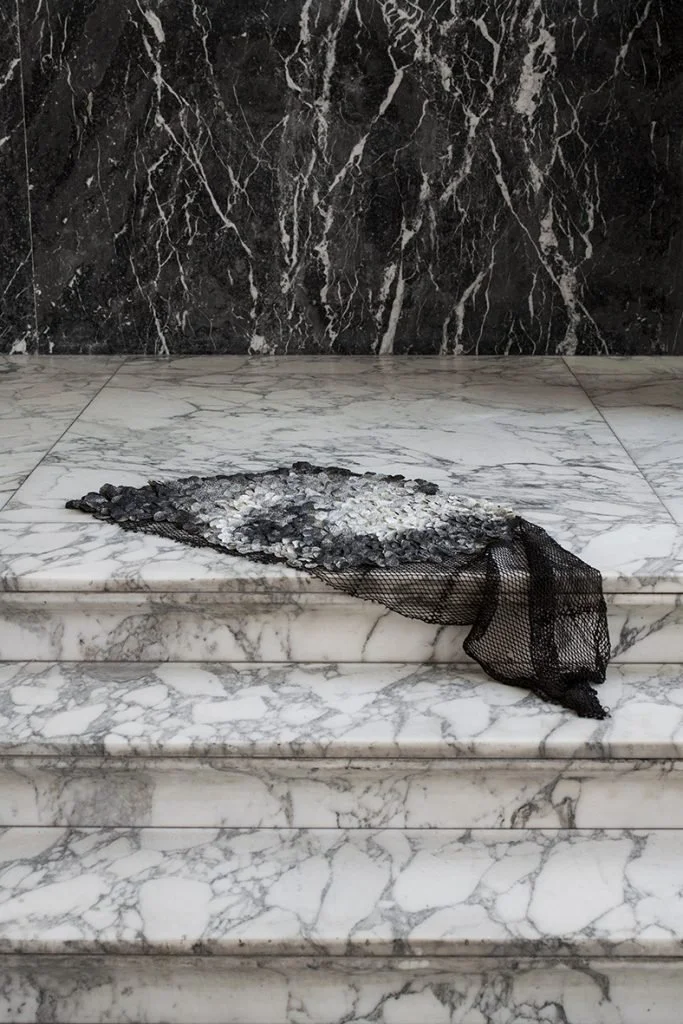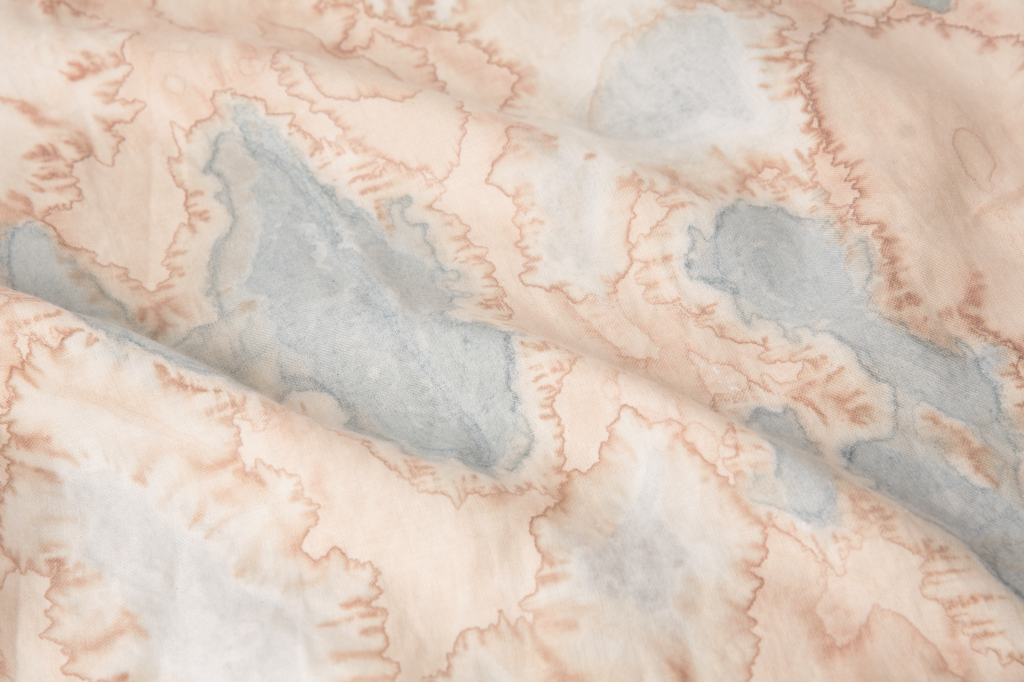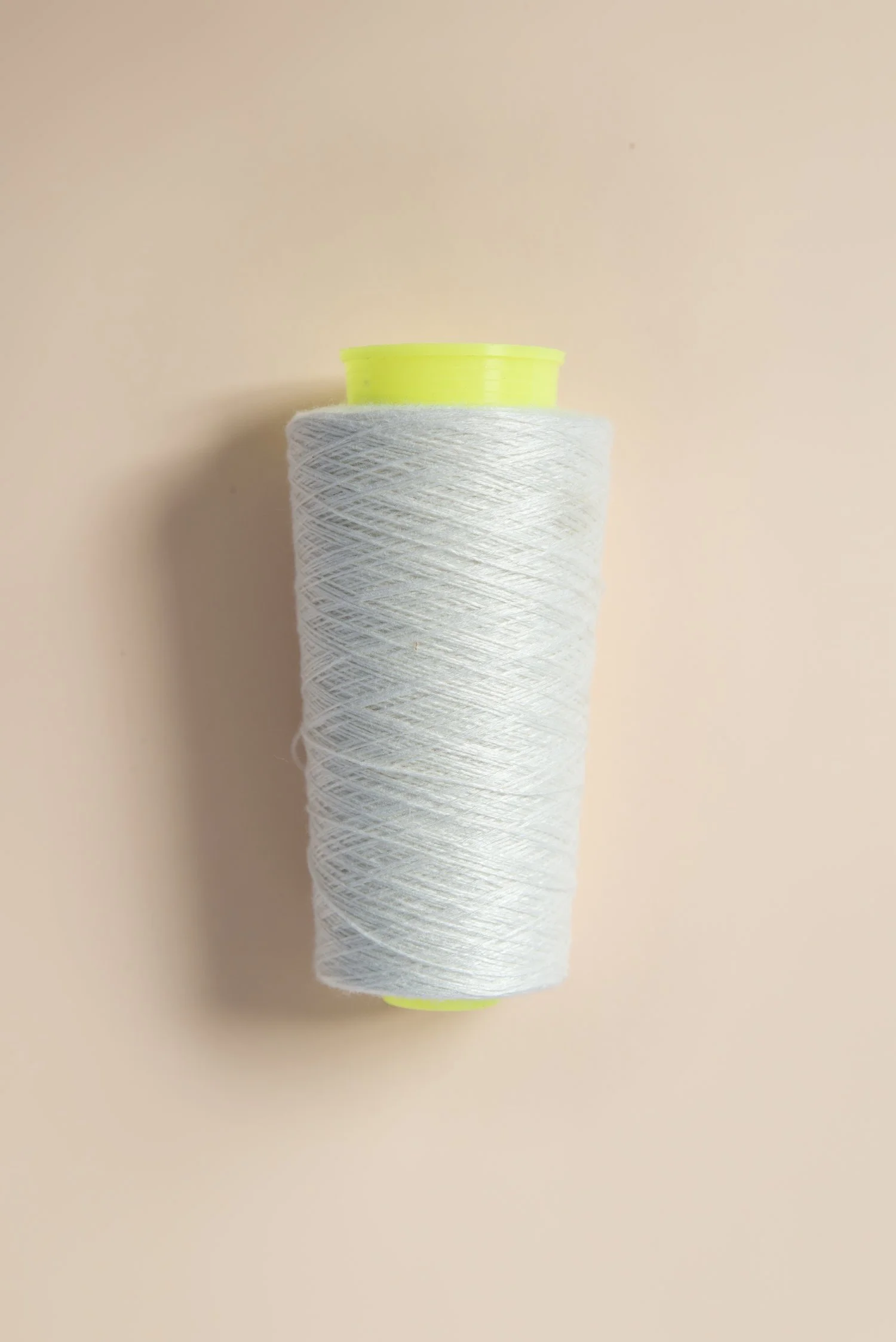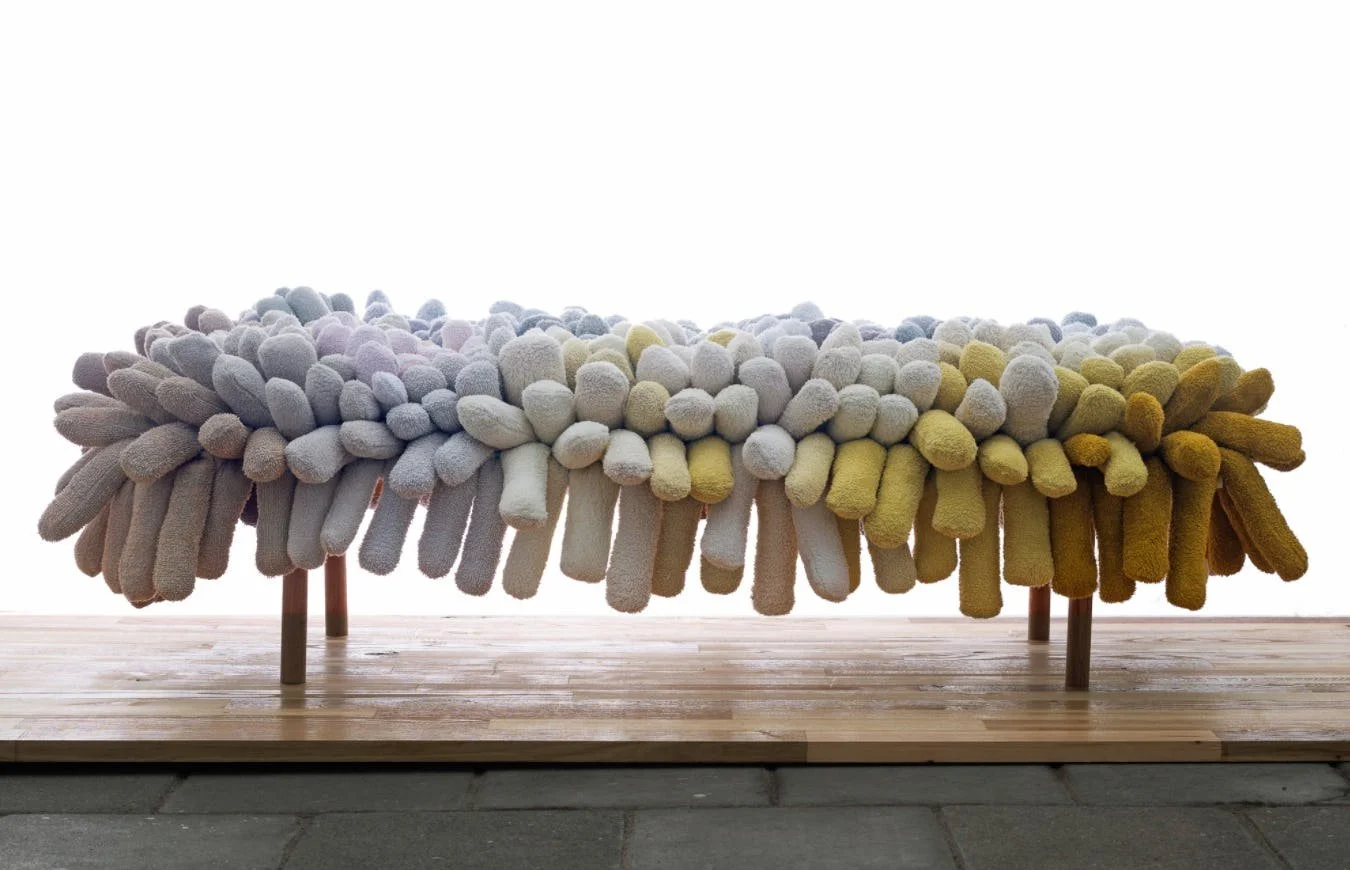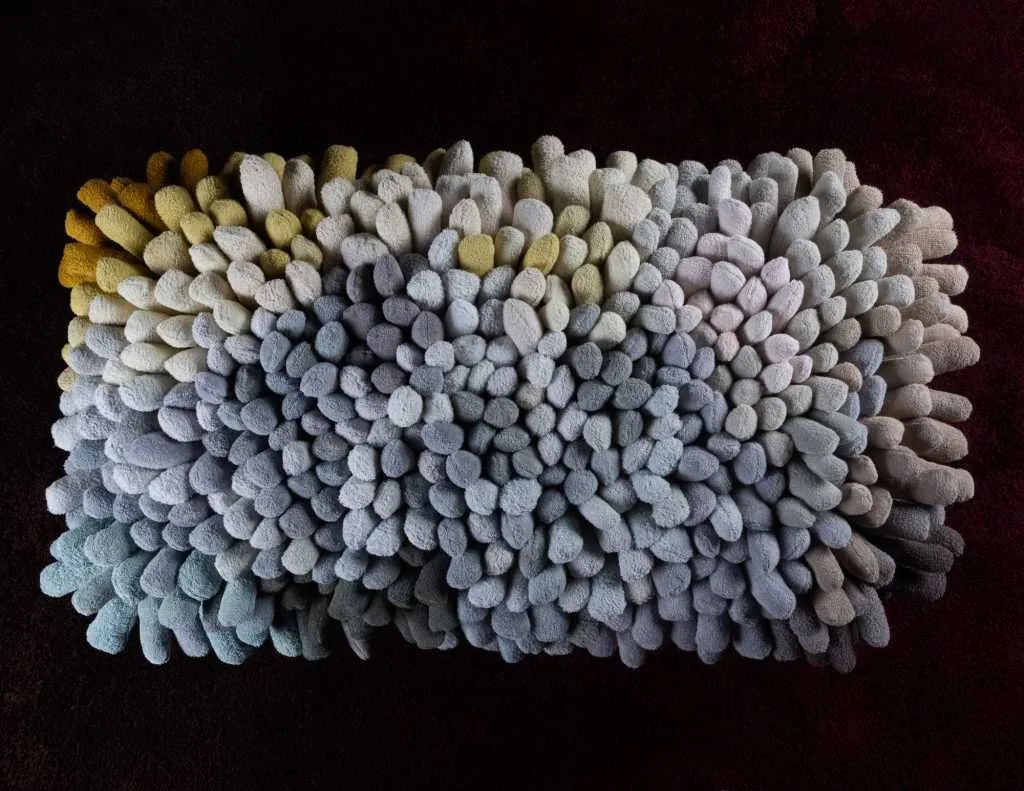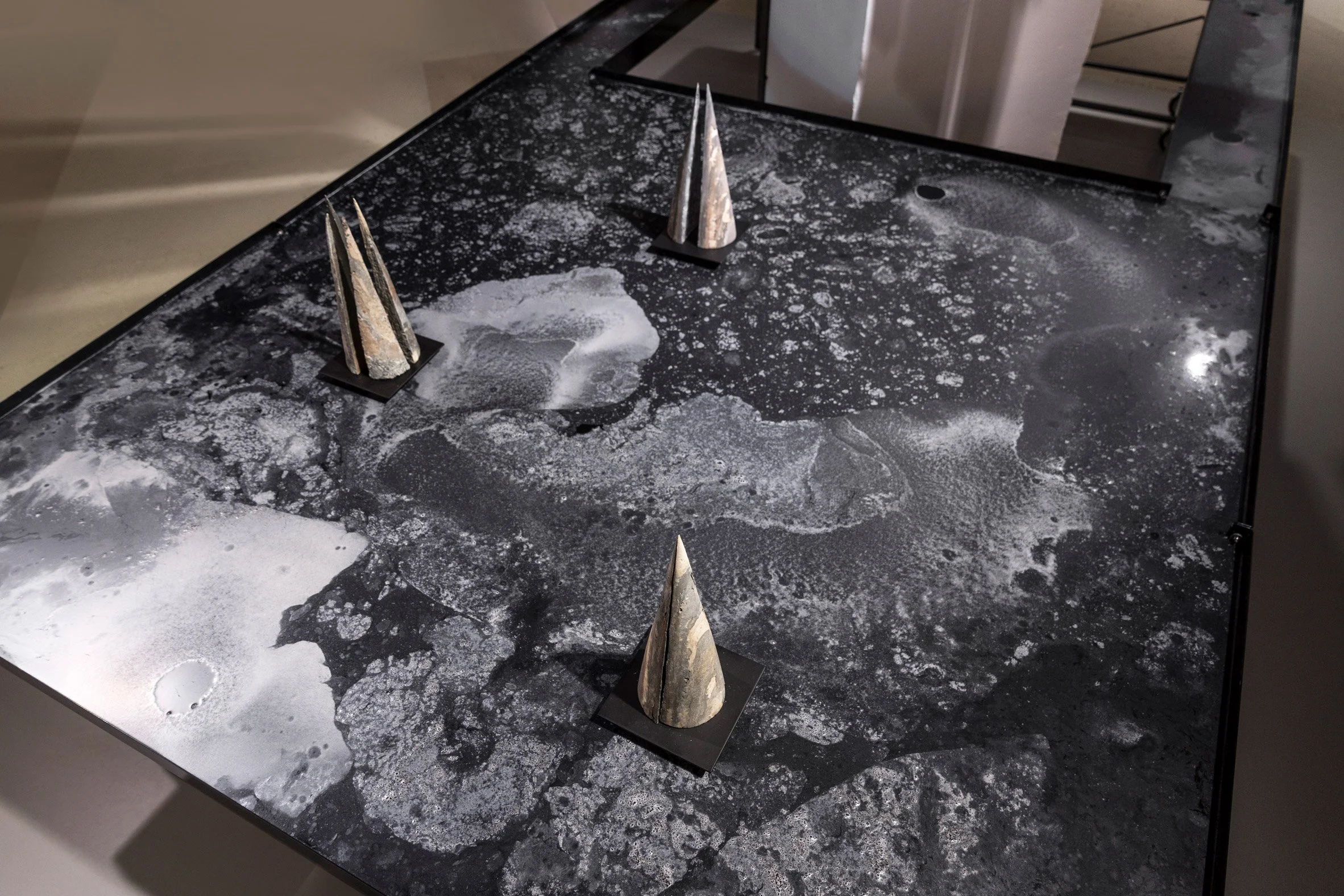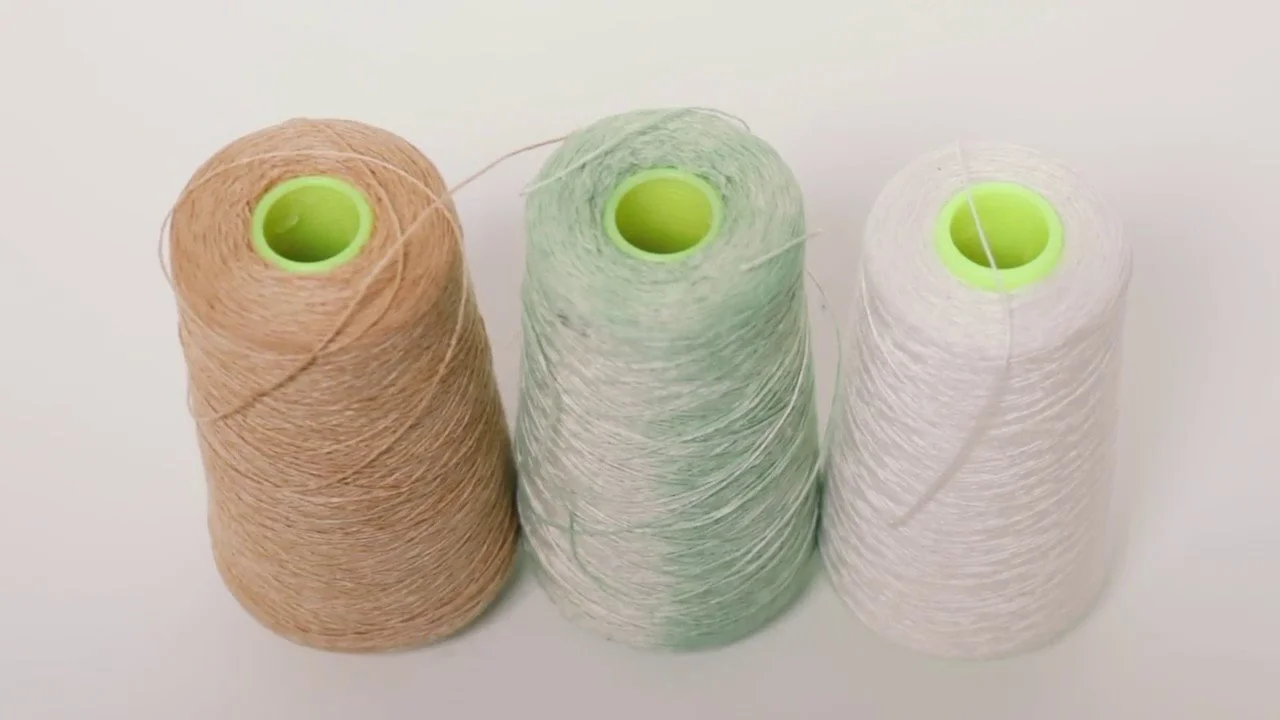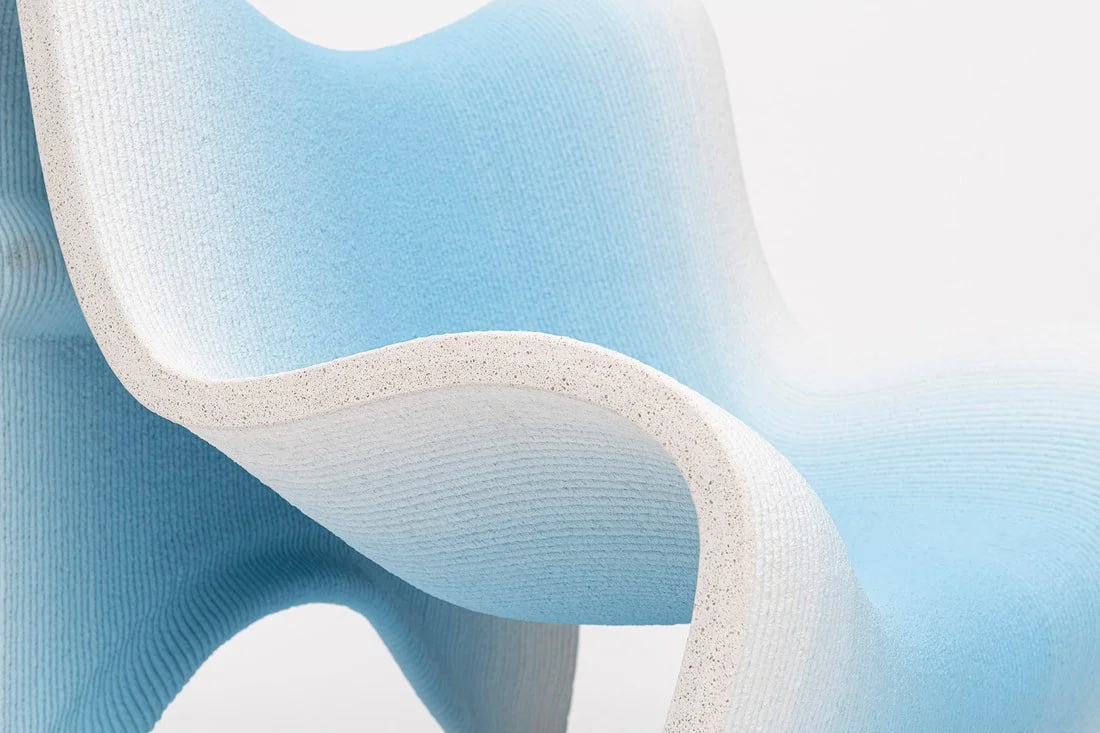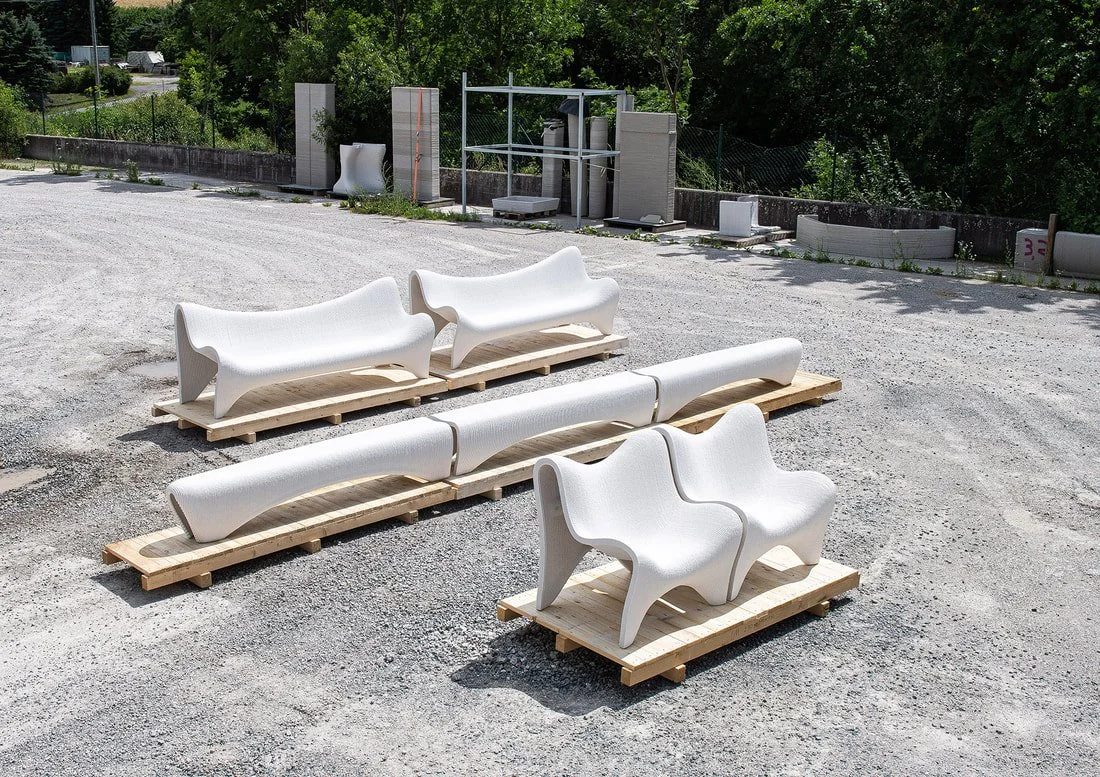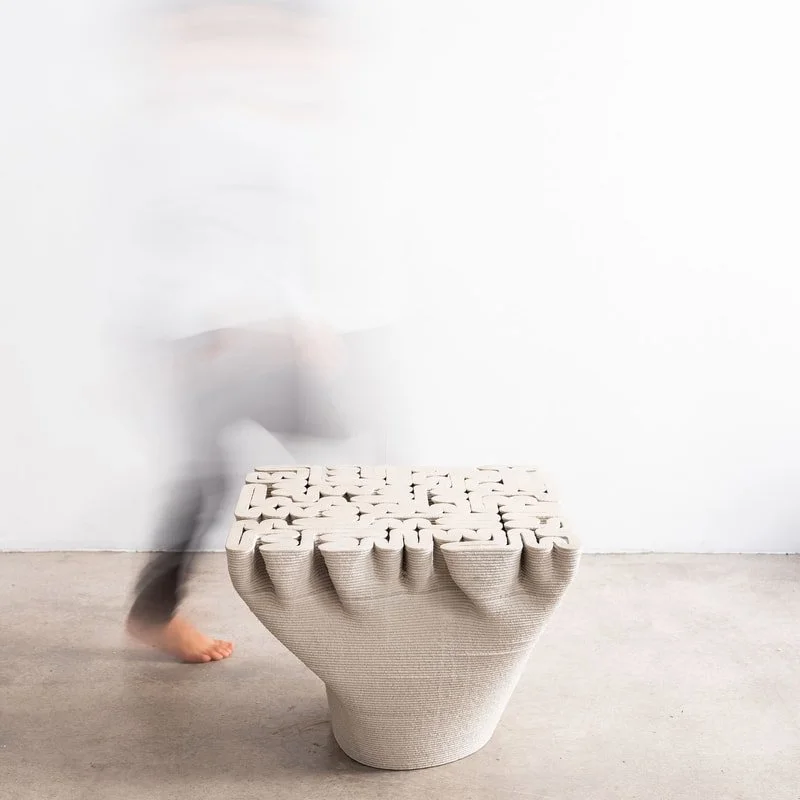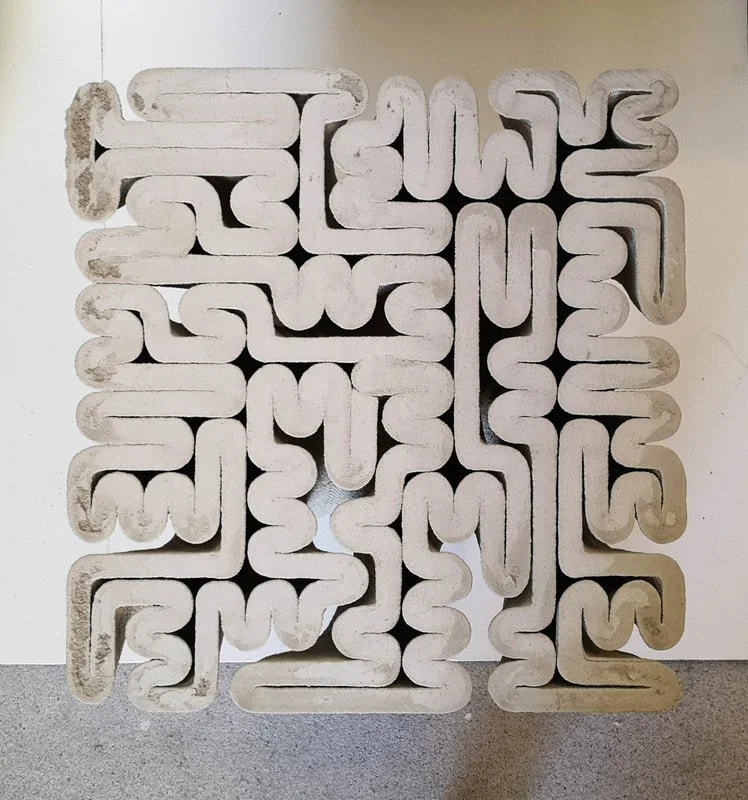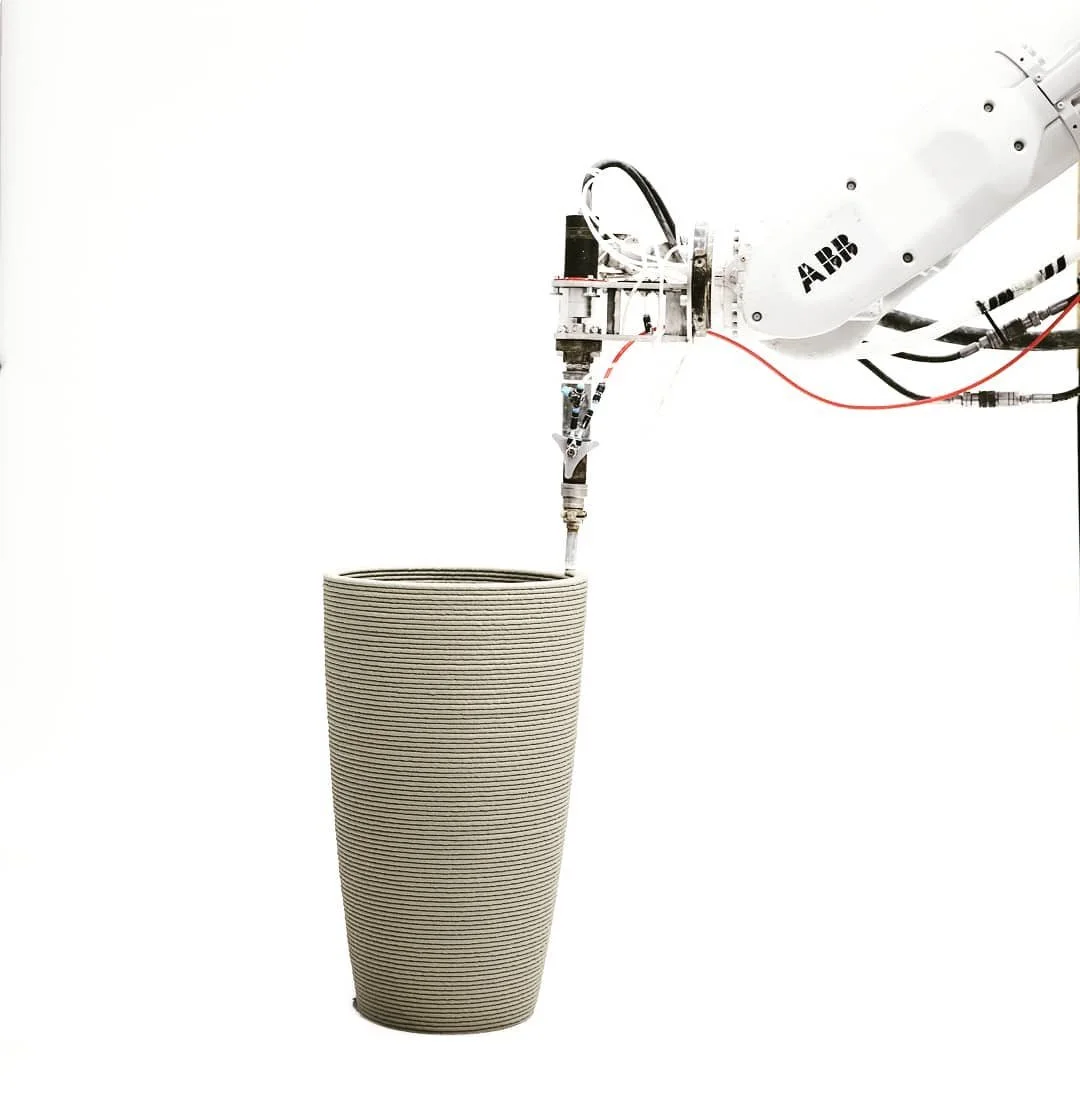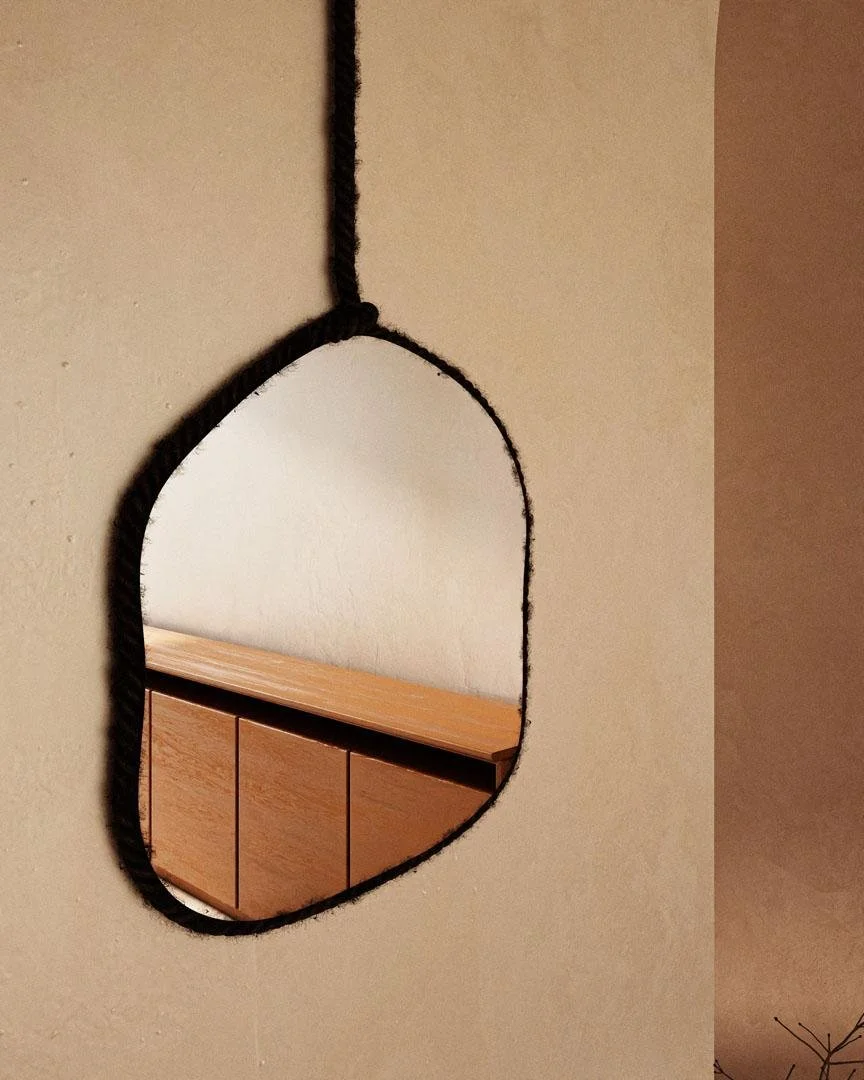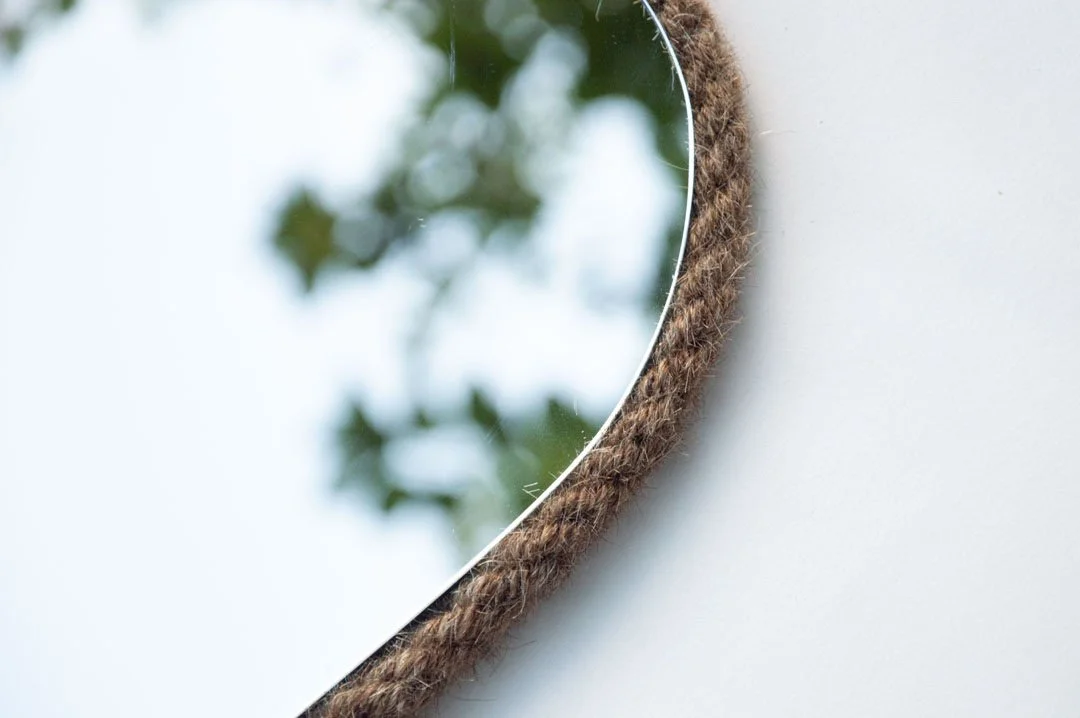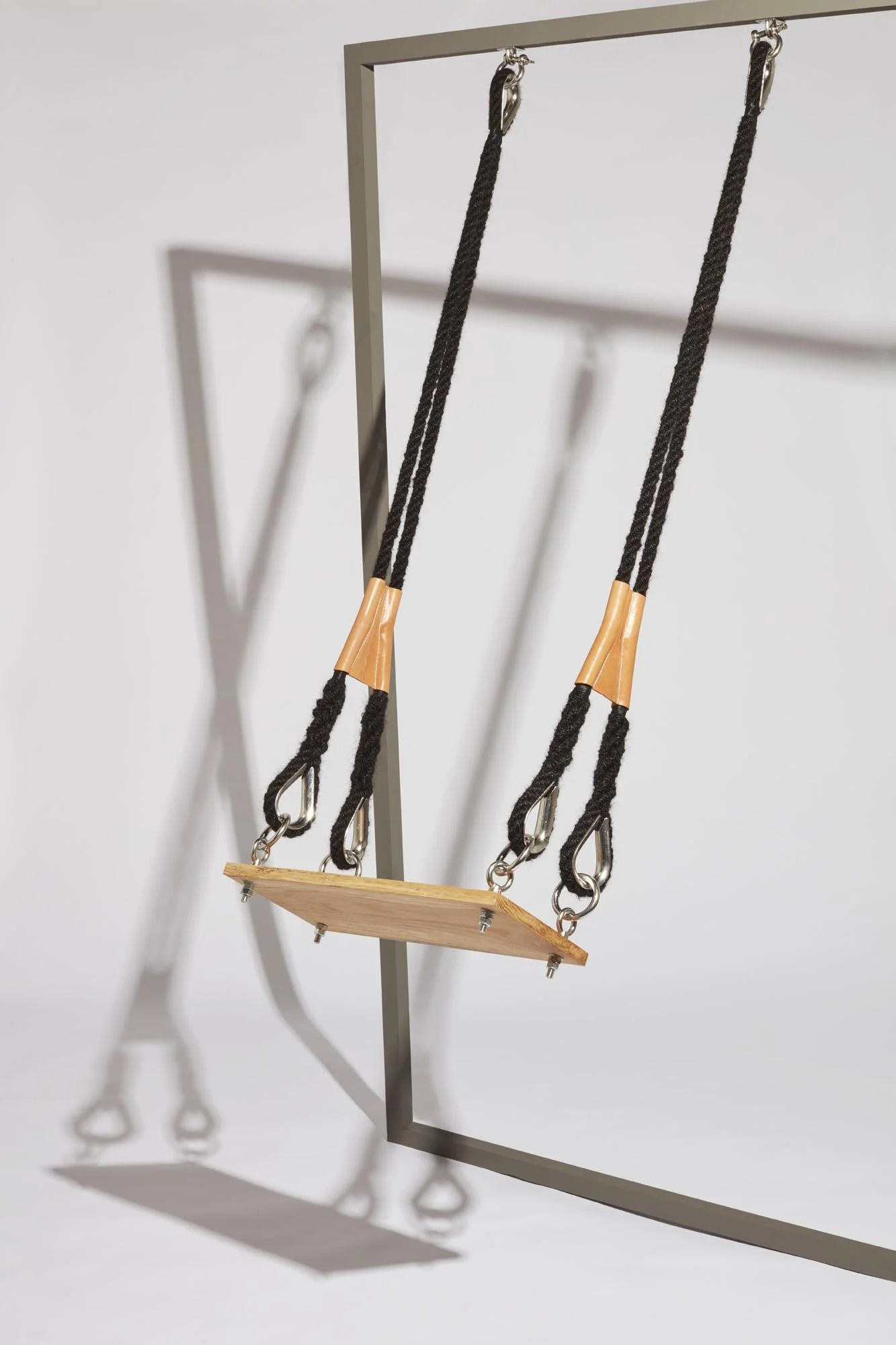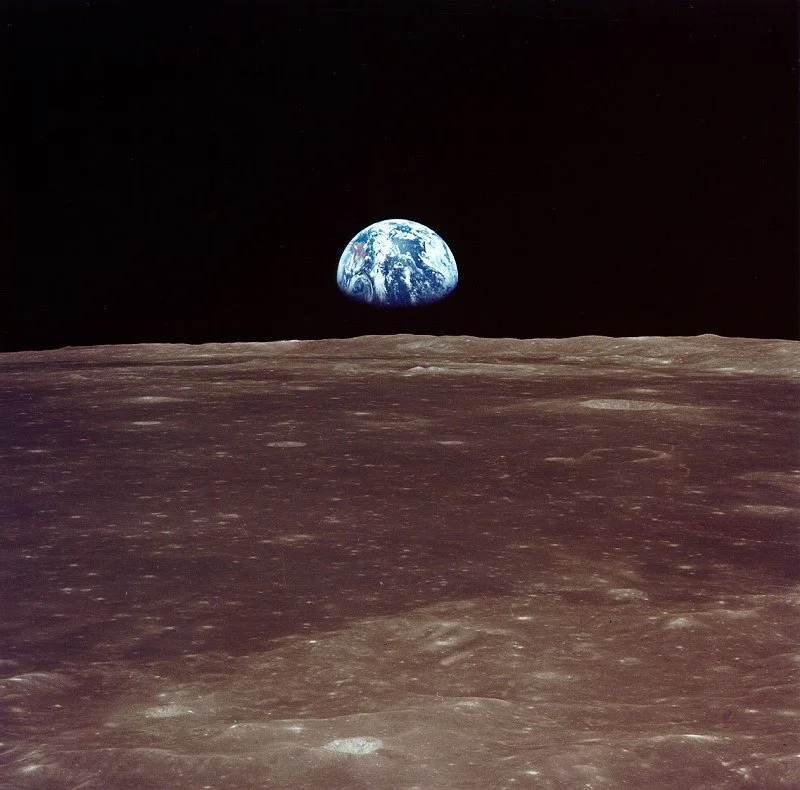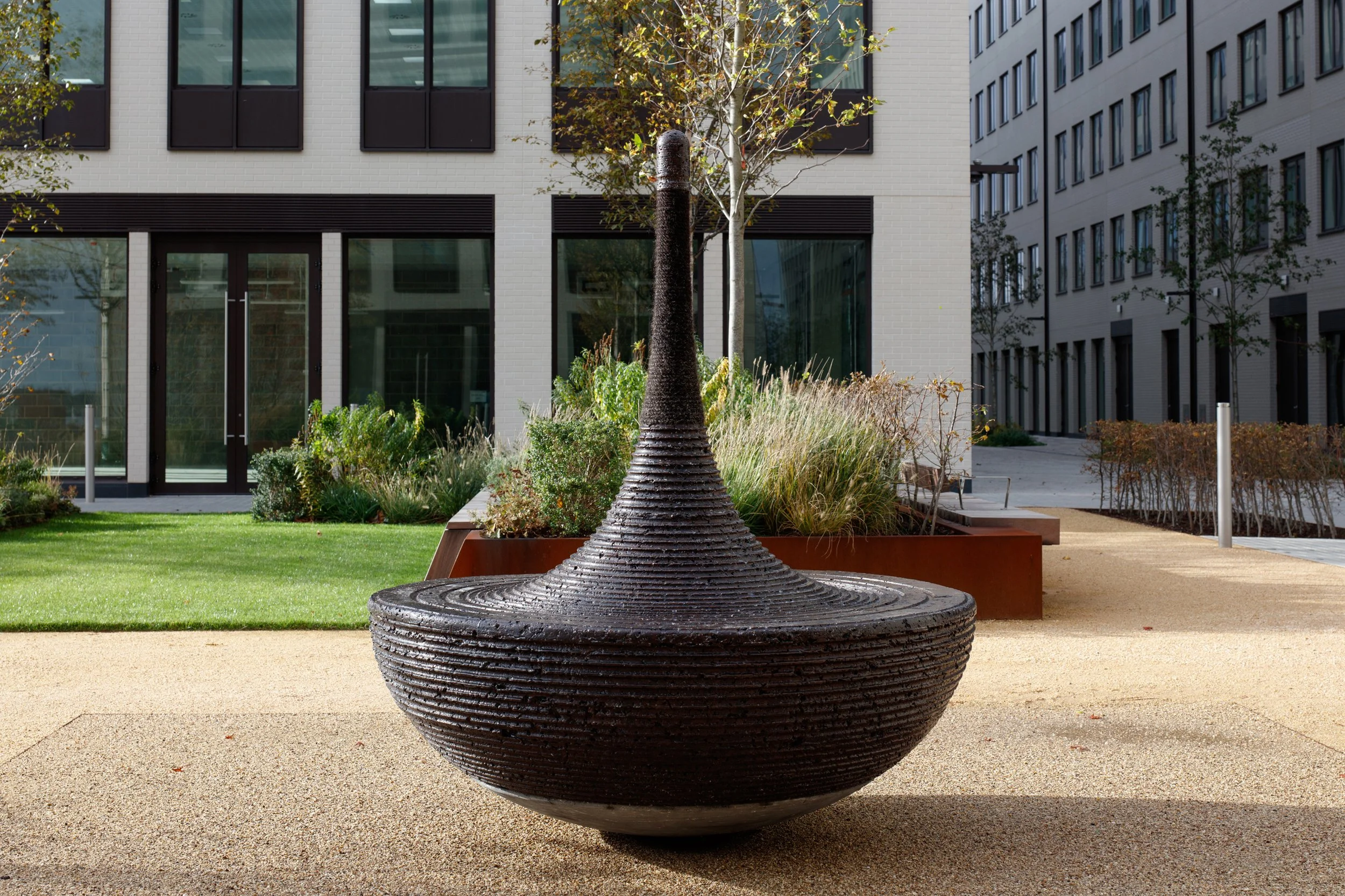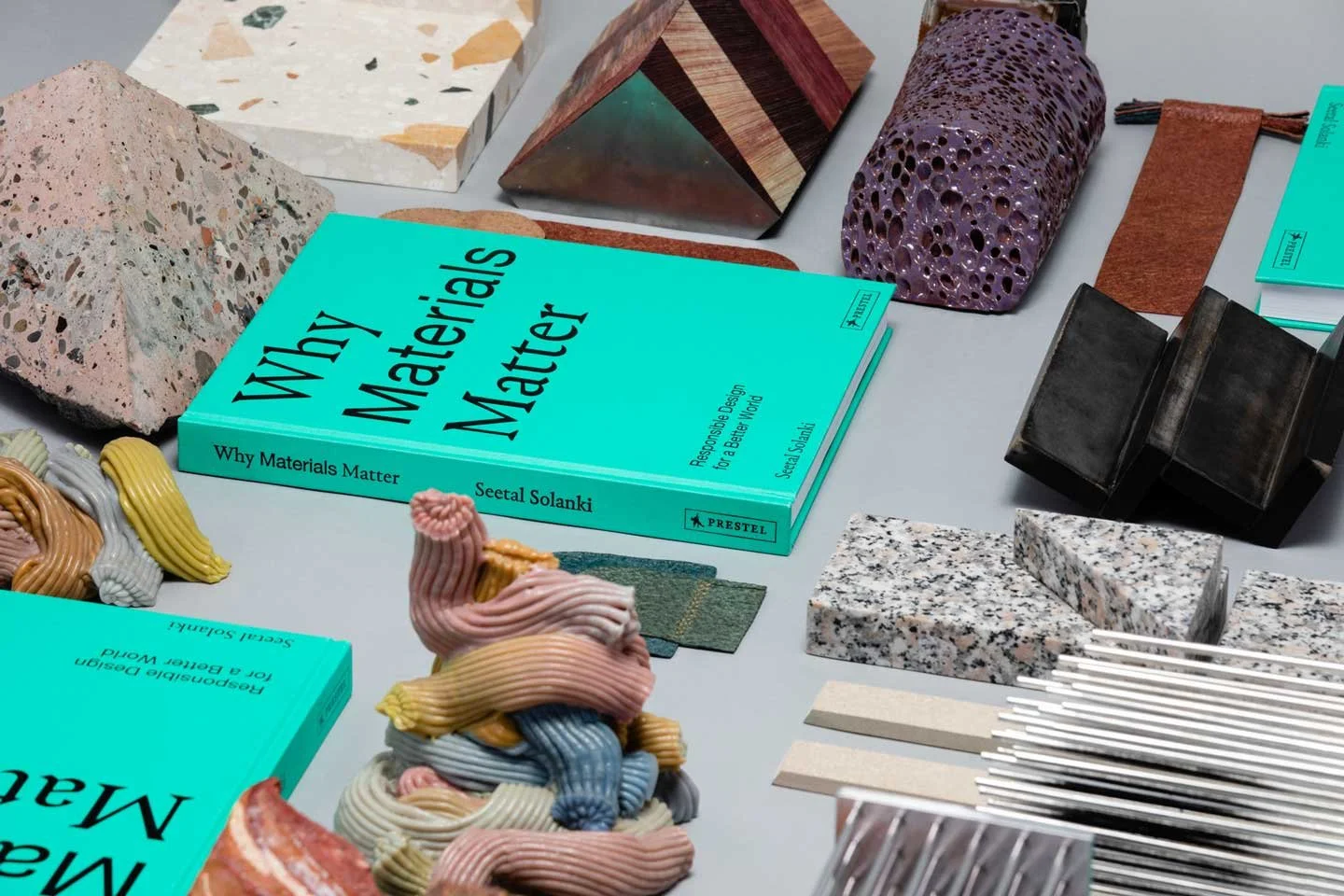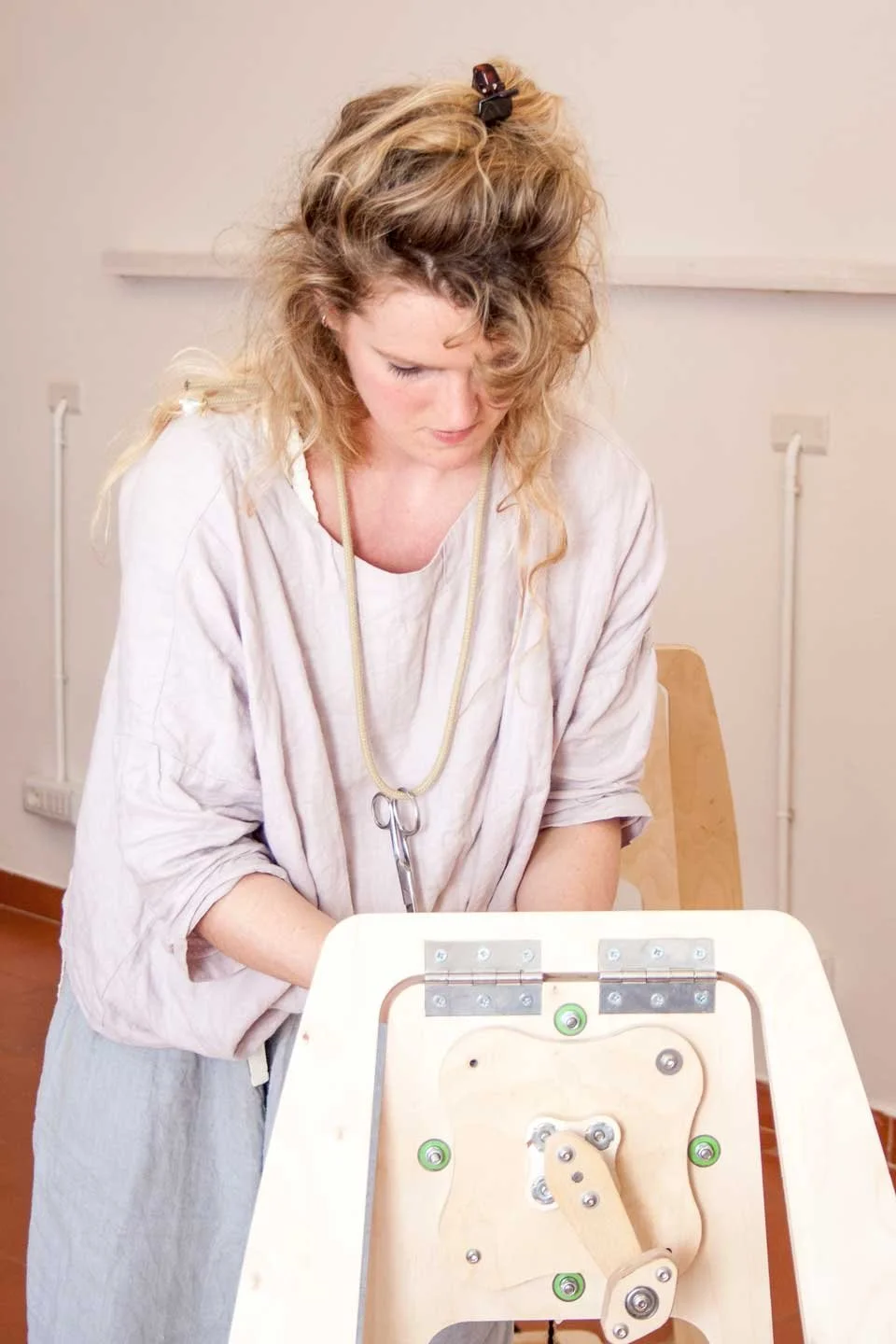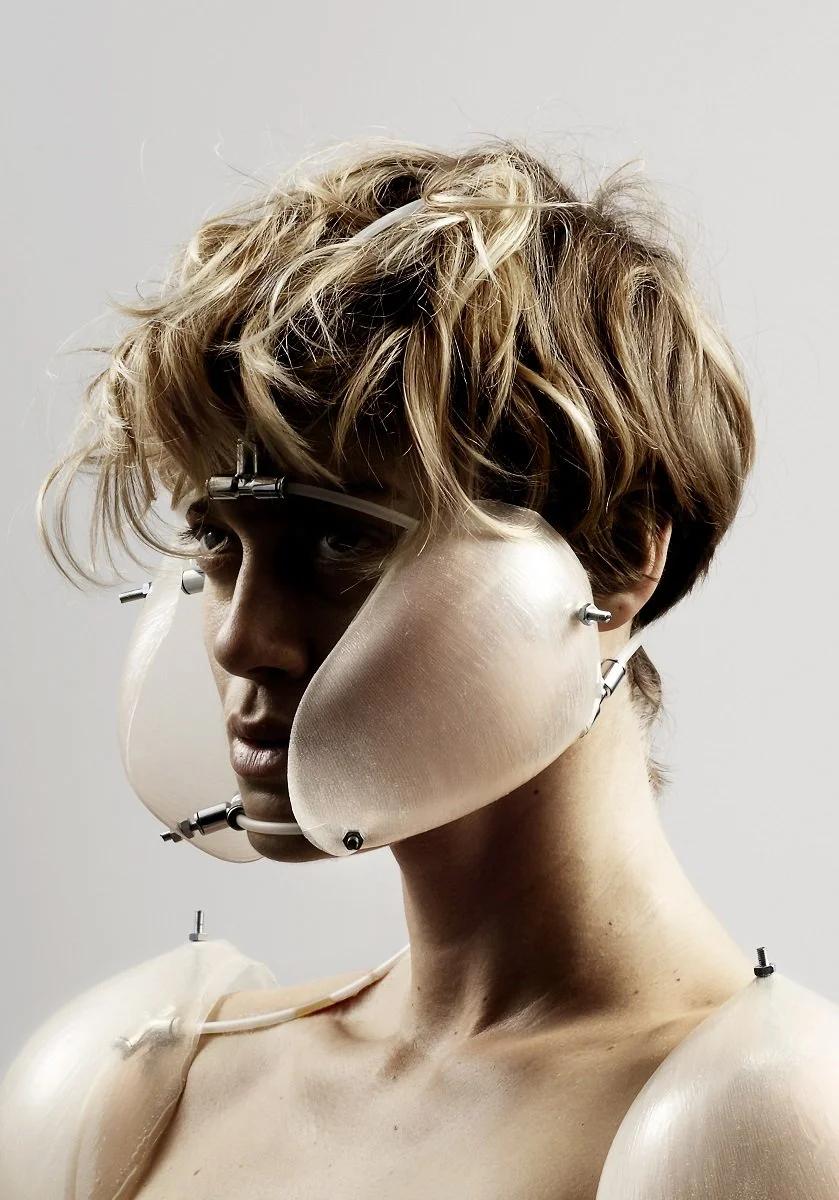 Image 1 of 16
Image 1 of 16

 Image 2 of 16
Image 2 of 16

 Image 3 of 16
Image 3 of 16

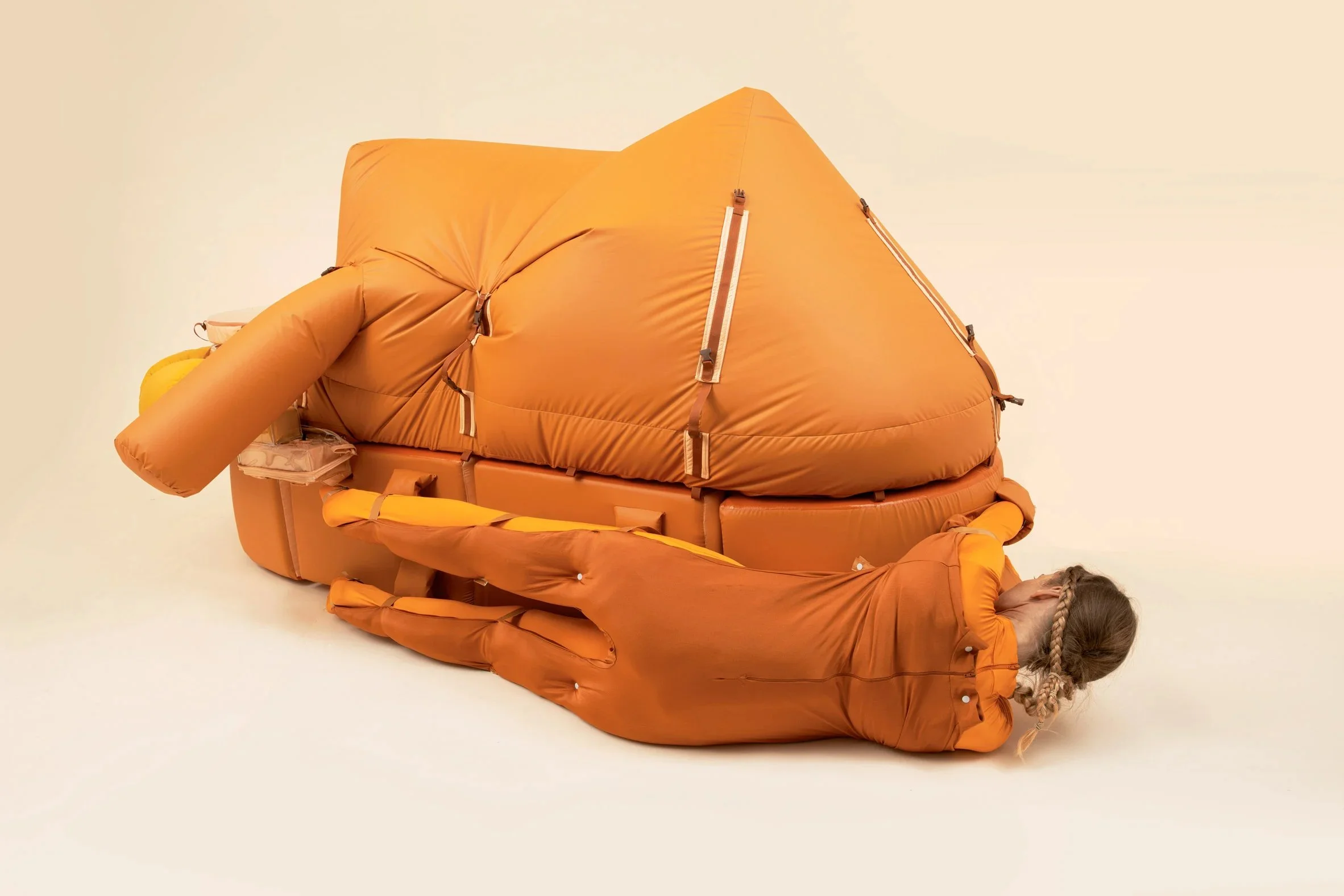 Image 4 of 16
Image 4 of 16

 Image 5 of 16
Image 5 of 16

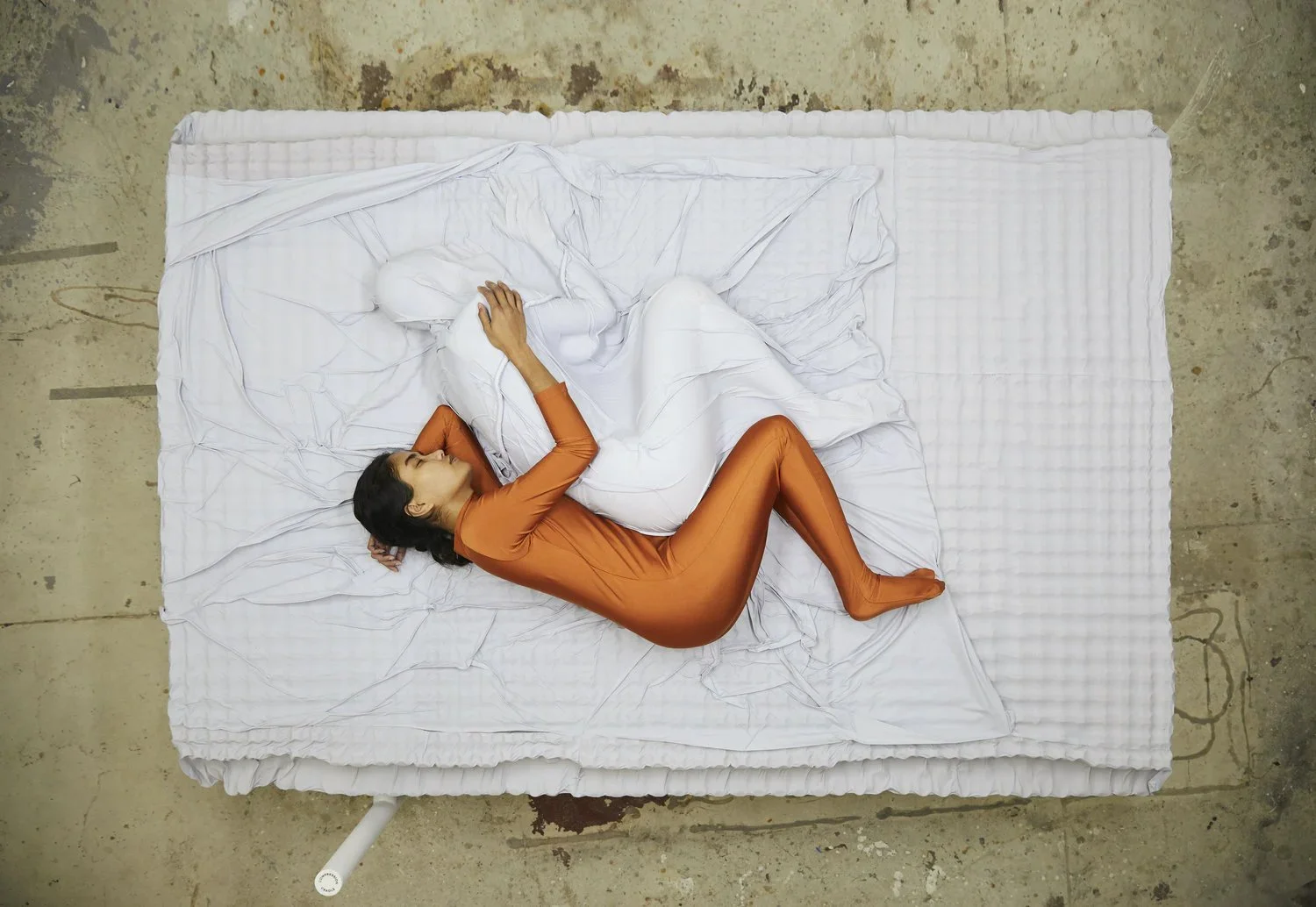 Image 6 of 16
Image 6 of 16

 Image 7 of 16
Image 7 of 16

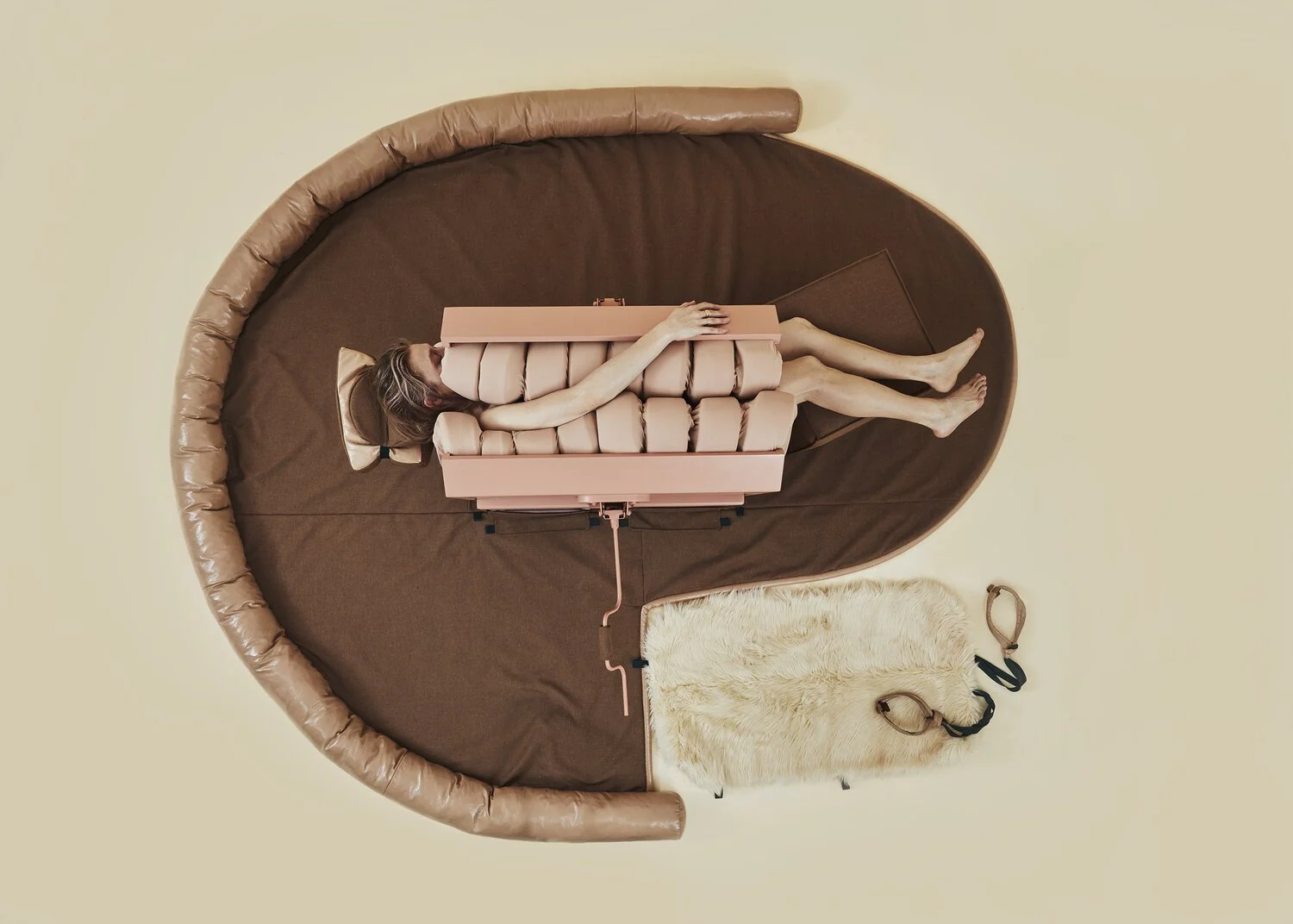 Image 8 of 16
Image 8 of 16

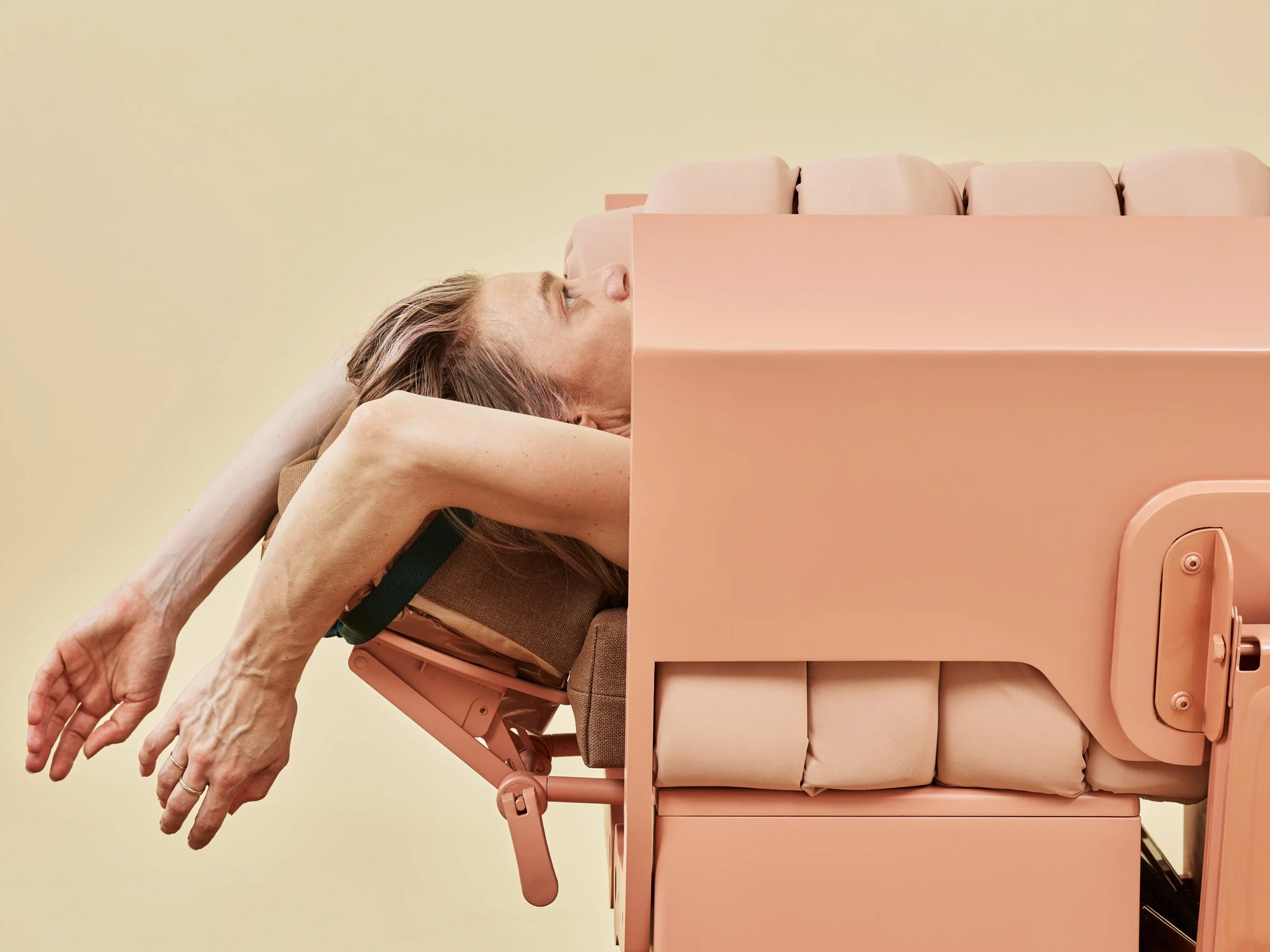 Image 9 of 16
Image 9 of 16

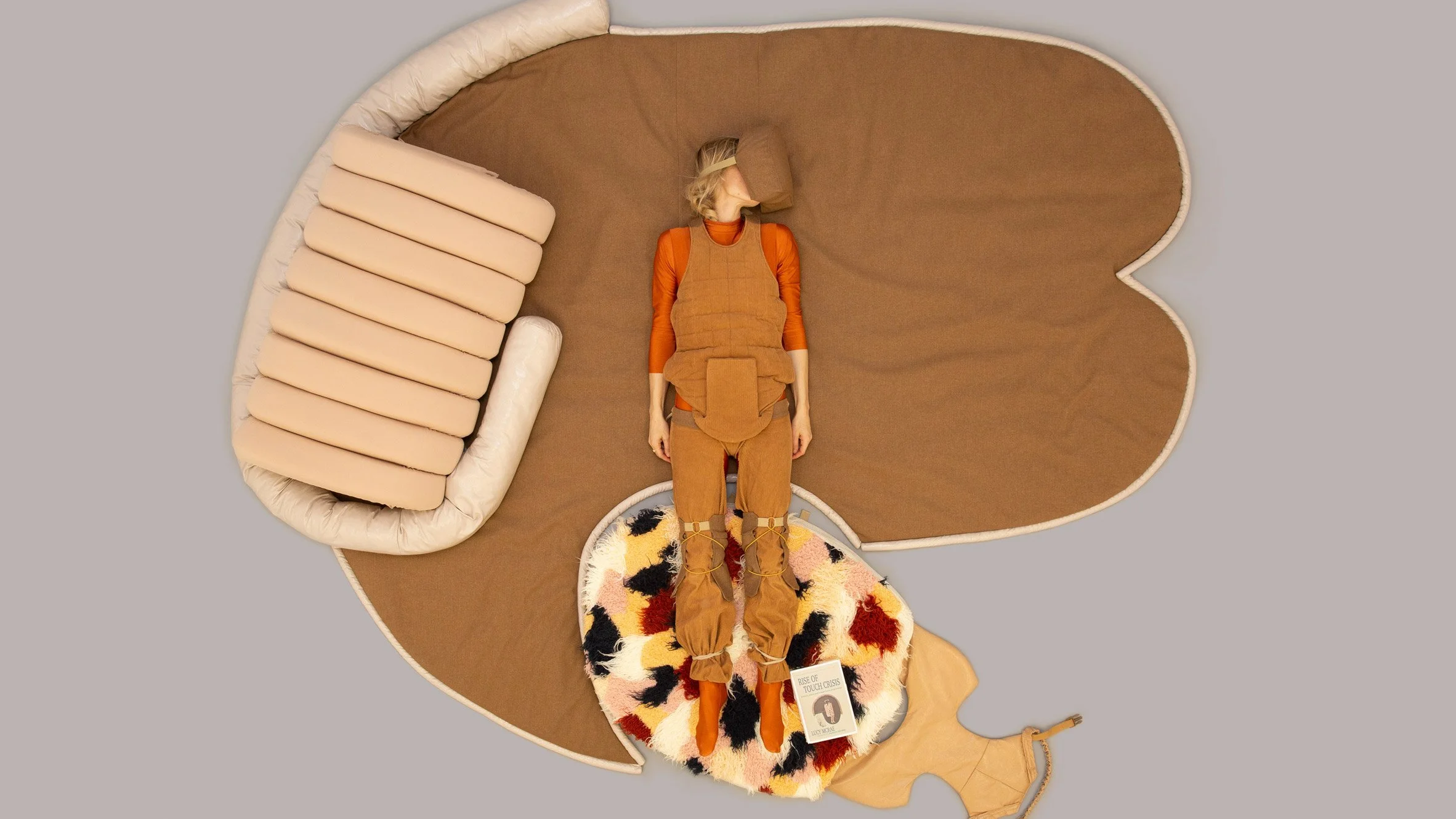 Image 10 of 16
Image 10 of 16

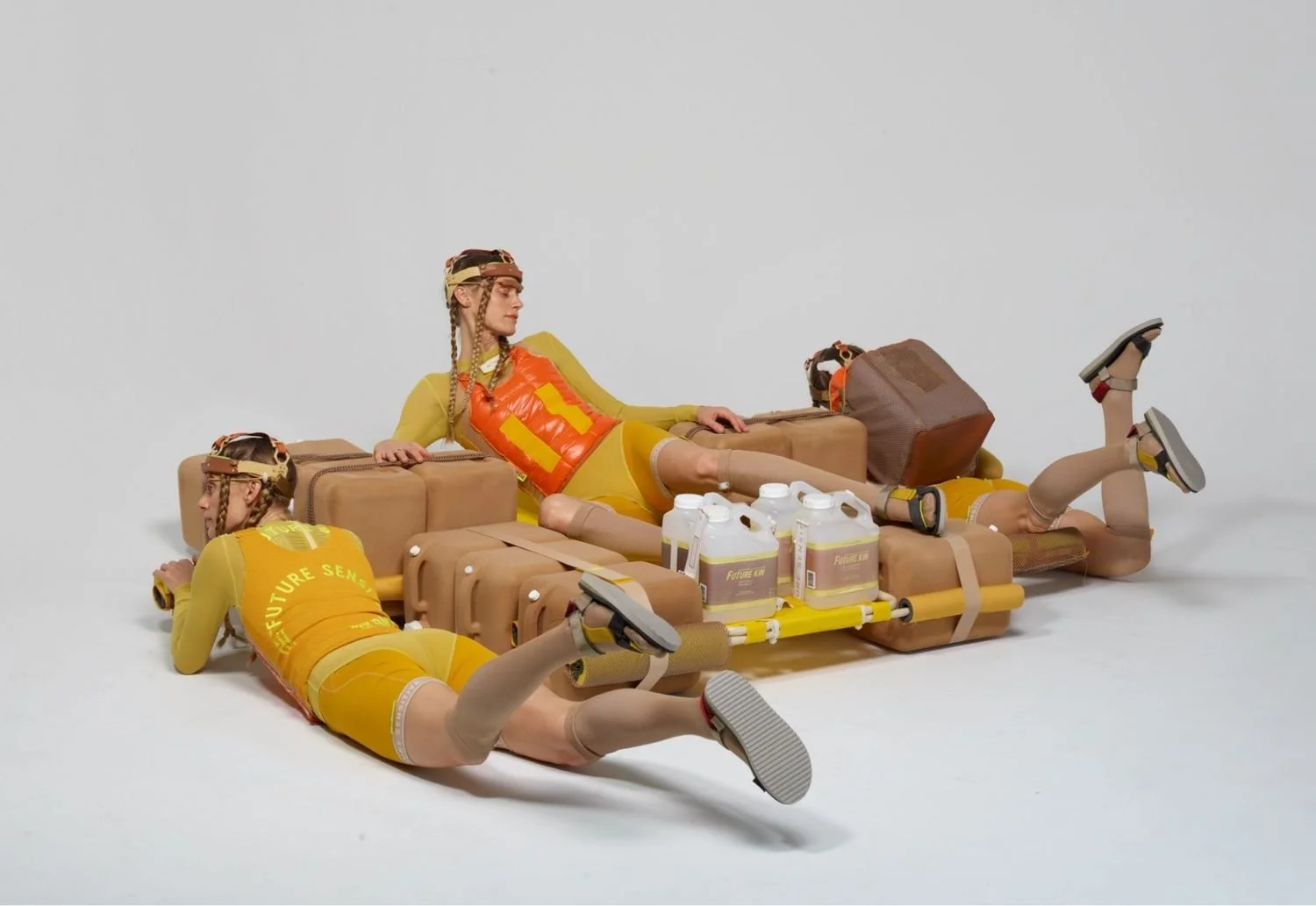 Image 11 of 16
Image 11 of 16

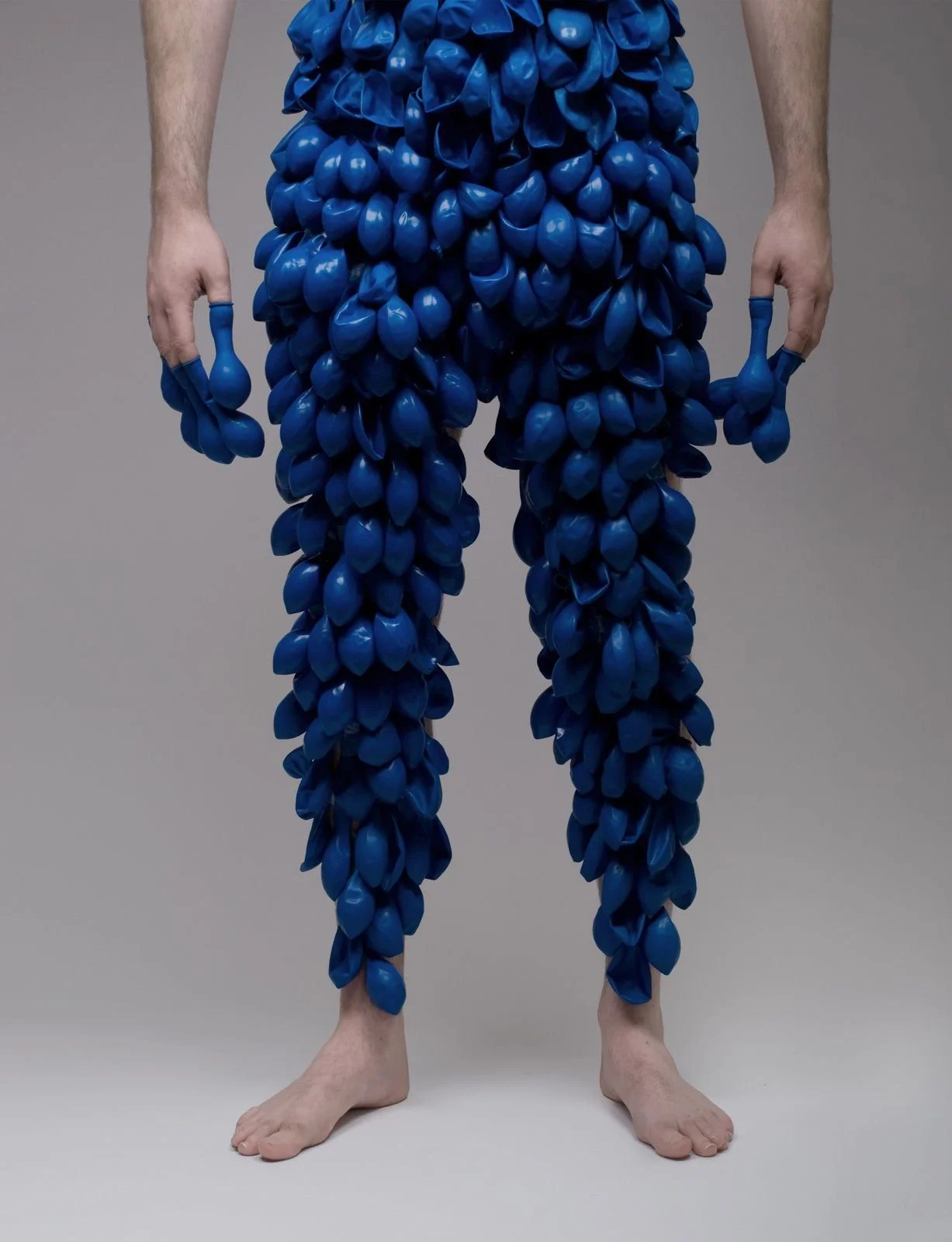 Image 12 of 16
Image 12 of 16

 Image 13 of 16
Image 13 of 16

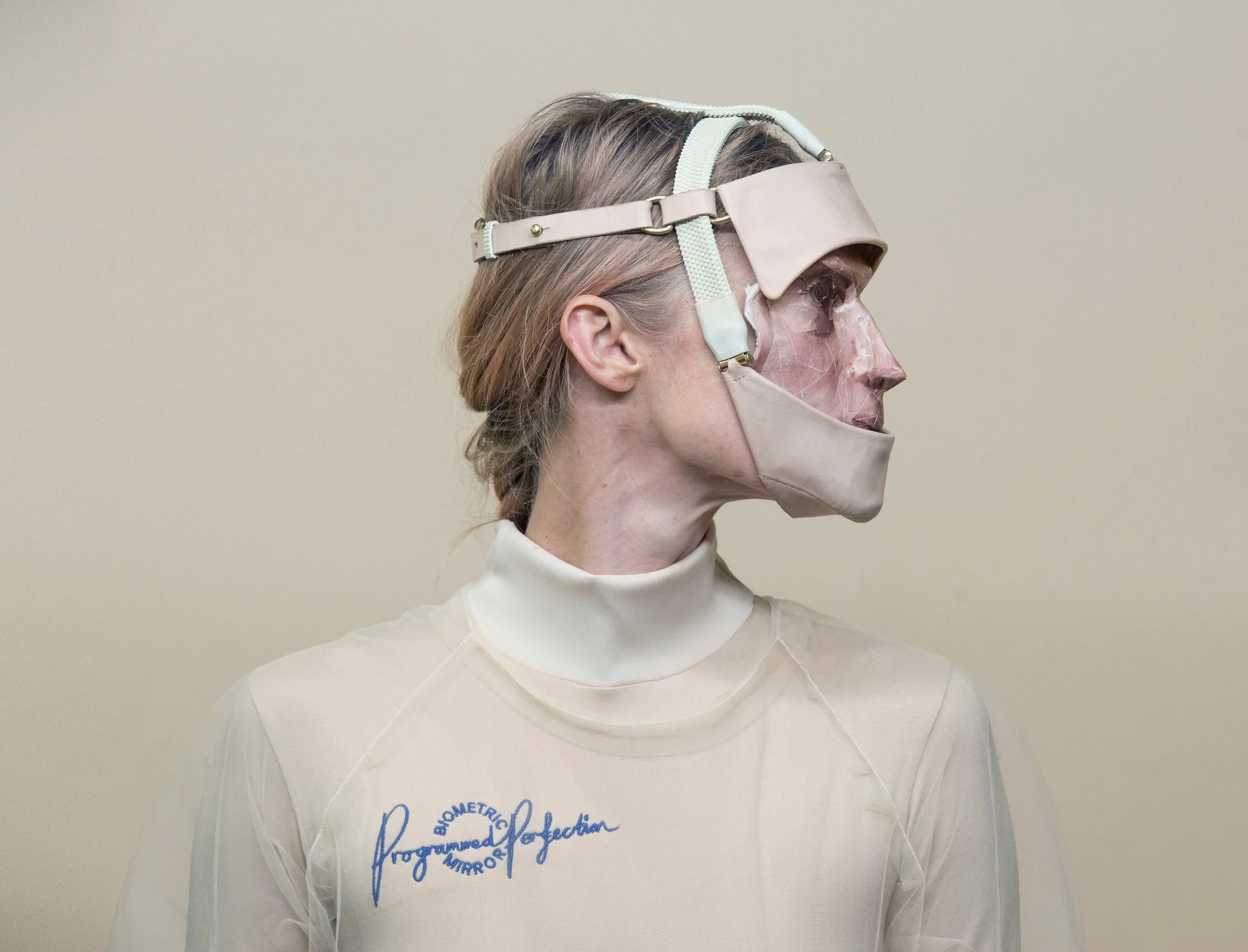 Image 14 of 16
Image 14 of 16

 Image 15 of 16
Image 15 of 16

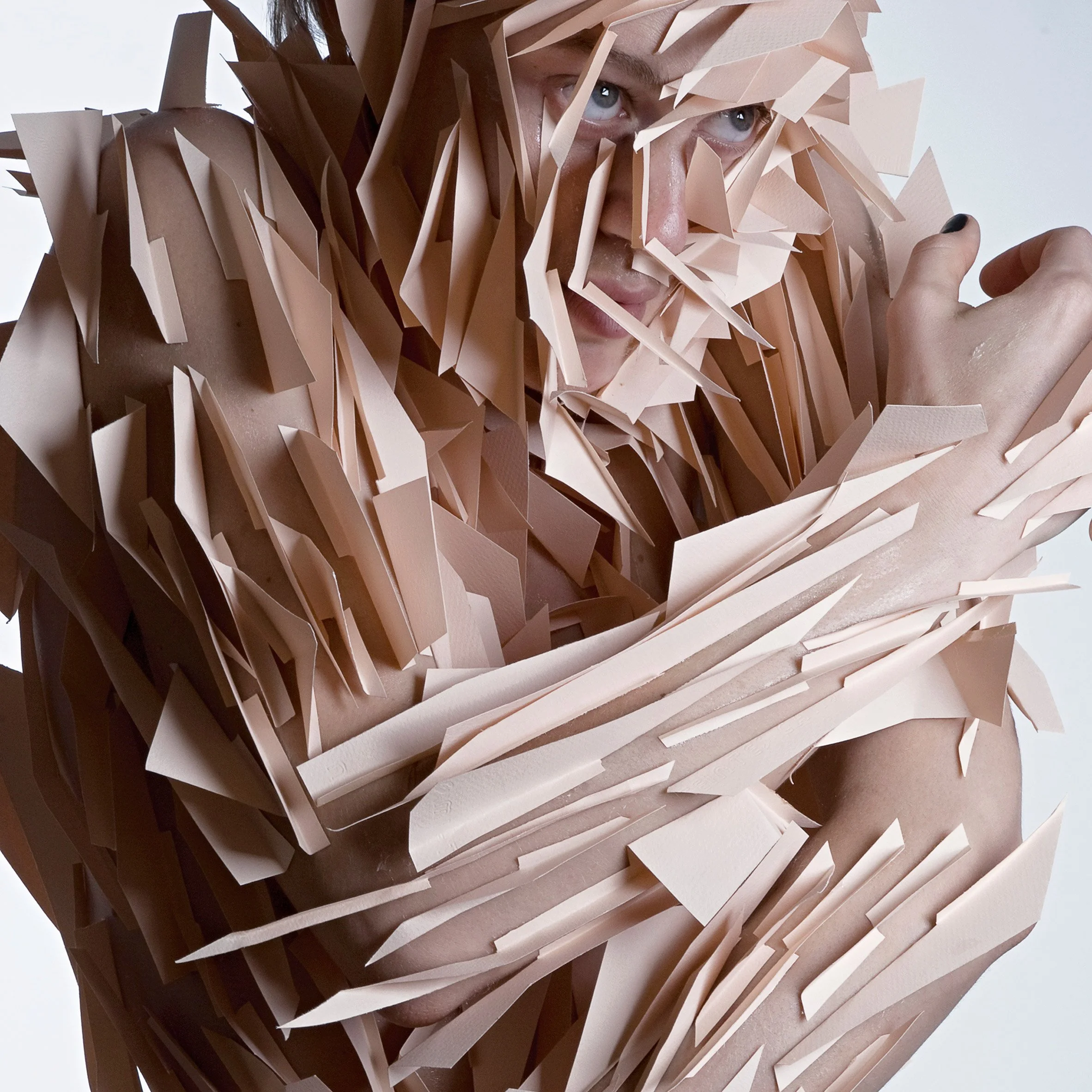 Image 16 of 16
Image 16 of 16

















Lucy McRae is a multi disciplinary art-research studio
Lucy McRae is a British-born Australian science fiction artist, body architect, filmmaker, and TED Fellow. She established her studio with the mission to explore the intersection of science, technology, and the human body, creating innovative and speculative artworks that challenge perceptions of the future. McRae's current mission focuses on integrating futuristic technologies into art and design, promoting sustainability and ethical considerations. Core values include innovation, sustainability, and interdisciplinary collaboration, with a purpose to redefine the relationship between art, technology, and the human experience.
Location
Headquarters: Los Angeles, USA.
Primary manufacturing/operations locations: Various global locations for projects and collaborations.
The Circular Vision
Core circular economy principles: While not explicitly focused on circular economy, McRae's work often incorporates principles of sustainability, material innovation, and ethical considerations in the use of technology.
Key innovations: Development of projects like "Swallowable Parfum," which explores the integration of biotechnology into the human body, and "Future Day Spa," which uses speculative design to explore human adaptation to futuristic environments.
Prioritization of local sourcing and closed-loop supply chains: Emphasis on using innovative materials and sustainable production methods to minimize environmental impact.
Pioneering Solutions
Flagship projects: McRae's portfolio includes innovative projects such as "Swallowable Parfum" (a cosmetic pill that releases fragrance through perspiration), "Future Day Spa" (an installation exploring human adaptation to space travel), "Institute of Isolation" (a documentary film on human resilience in space), "Future Survival Kit" (a post-apocalyptic survival kit), and "Biometric Mirror" (an installation using computer vision algorithms to create a mathematically perfect face).
The Regenerative Future
R&D focus areas: Advancing speculative design techniques, exploring new applications for biotechnology and wearable technology, and developing solutions that address ethical and environmental challenges in the use of technology.
Ambitious goals: To lead the art and design industry in innovative practices, create thought-provoking artworks that challenge perceptions of the future, and inspire a shift towards more sustainable and ethical approaches to technology and design.
Fact Sheet
Commercial Availability: Artworks and design services available through exhibitions, collaborations, and partnerships with brands and institutions.
Circularity Rating: 4/5 (While not explicitly focused on circular economy, many projects incorporate innovative material use and ethical considerations that could contribute to sustainability).
Key Certifications: TED Fellow, World Economic Forum Young Global Leader.
Cost Rating: Information not available.
Material Passport: Detailed material exploration and innovation in many projects, often focusing on biotechnology and speculative materials.
Designed for Disassembly: Information not explicitly provided, but emphasis on innovative design suggests potential for adaptability and reuse.
Carbon Performance: Information not explicitly provided, but focus on sustainable and ethical use of technology suggests potential for reduced environmental impact.
Key Takeaway
Lucy McRae transforms the art and design industry through innovative, speculative solutions that challenge conventional perceptions of the future, setting a benchmark for exploring the intersection of technology, art, and the human body in contemporary design practice.
Explore Further
Lucy McRae is a British-born Australian science fiction artist, body architect, filmmaker, and TED Fellow. She established her studio with the mission to explore the intersection of science, technology, and the human body, creating innovative and speculative artworks that challenge perceptions of the future. McRae's current mission focuses on integrating futuristic technologies into art and design, promoting sustainability and ethical considerations. Core values include innovation, sustainability, and interdisciplinary collaboration, with a purpose to redefine the relationship between art, technology, and the human experience.
Location
Headquarters: Los Angeles, USA.
Primary manufacturing/operations locations: Various global locations for projects and collaborations.
The Circular Vision
Core circular economy principles: While not explicitly focused on circular economy, McRae's work often incorporates principles of sustainability, material innovation, and ethical considerations in the use of technology.
Key innovations: Development of projects like "Swallowable Parfum," which explores the integration of biotechnology into the human body, and "Future Day Spa," which uses speculative design to explore human adaptation to futuristic environments.
Prioritization of local sourcing and closed-loop supply chains: Emphasis on using innovative materials and sustainable production methods to minimize environmental impact.
Pioneering Solutions
Flagship projects: McRae's portfolio includes innovative projects such as "Swallowable Parfum" (a cosmetic pill that releases fragrance through perspiration), "Future Day Spa" (an installation exploring human adaptation to space travel), "Institute of Isolation" (a documentary film on human resilience in space), "Future Survival Kit" (a post-apocalyptic survival kit), and "Biometric Mirror" (an installation using computer vision algorithms to create a mathematically perfect face).
The Regenerative Future
R&D focus areas: Advancing speculative design techniques, exploring new applications for biotechnology and wearable technology, and developing solutions that address ethical and environmental challenges in the use of technology.
Ambitious goals: To lead the art and design industry in innovative practices, create thought-provoking artworks that challenge perceptions of the future, and inspire a shift towards more sustainable and ethical approaches to technology and design.
Fact Sheet
Commercial Availability: Artworks and design services available through exhibitions, collaborations, and partnerships with brands and institutions.
Circularity Rating: 4/5 (While not explicitly focused on circular economy, many projects incorporate innovative material use and ethical considerations that could contribute to sustainability).
Key Certifications: TED Fellow, World Economic Forum Young Global Leader.
Cost Rating: Information not available.
Material Passport: Detailed material exploration and innovation in many projects, often focusing on biotechnology and speculative materials.
Designed for Disassembly: Information not explicitly provided, but emphasis on innovative design suggests potential for adaptability and reuse.
Carbon Performance: Information not explicitly provided, but focus on sustainable and ethical use of technology suggests potential for reduced environmental impact.
Key Takeaway
Lucy McRae transforms the art and design industry through innovative, speculative solutions that challenge conventional perceptions of the future, setting a benchmark for exploring the intersection of technology, art, and the human body in contemporary design practice.
Explore Further
